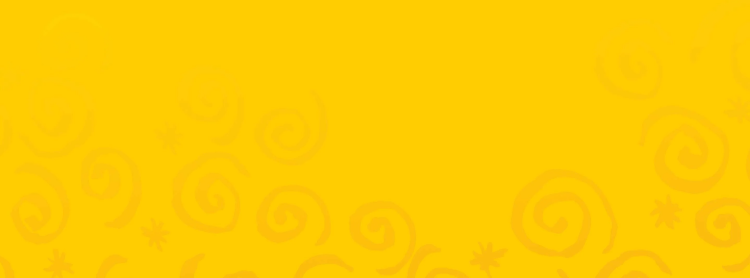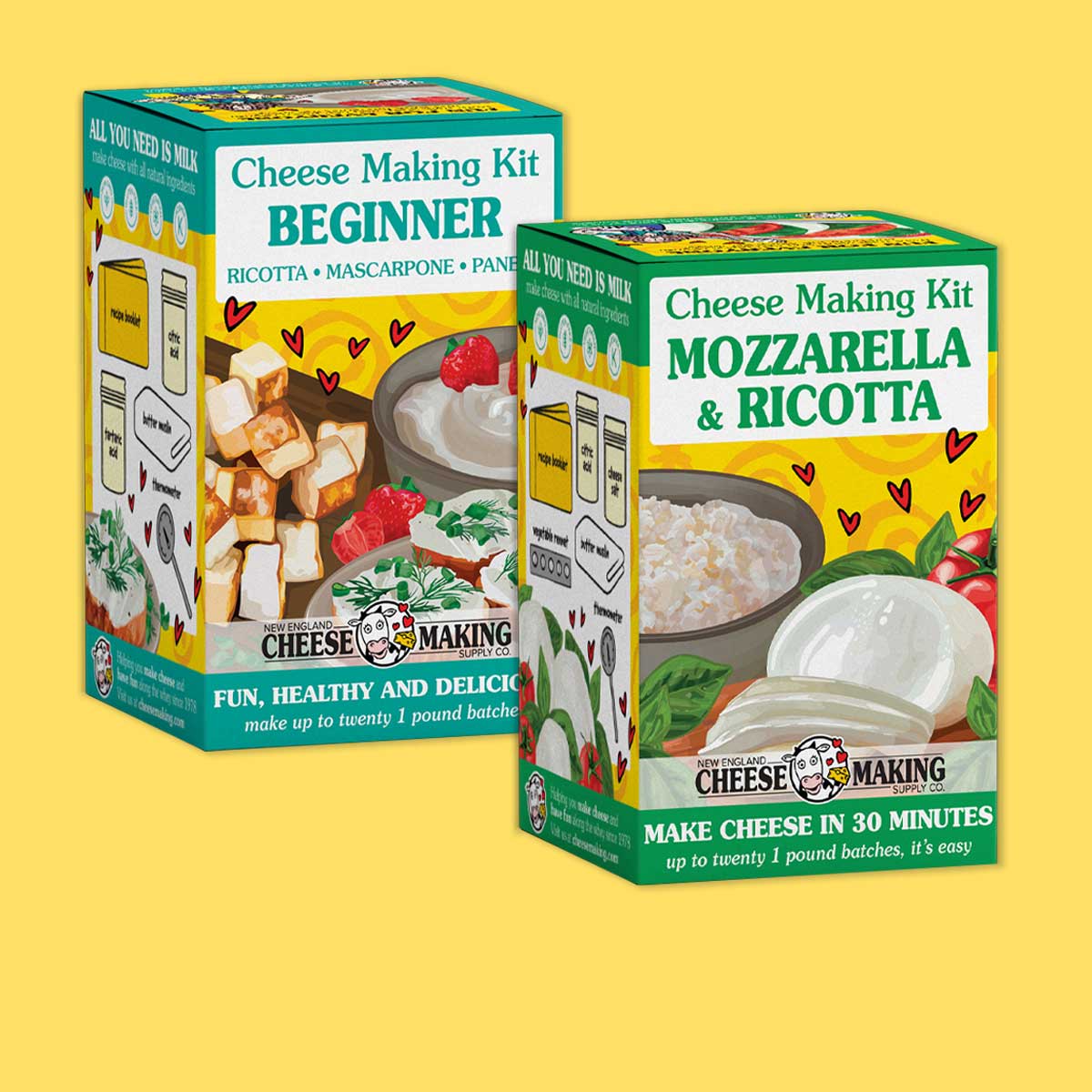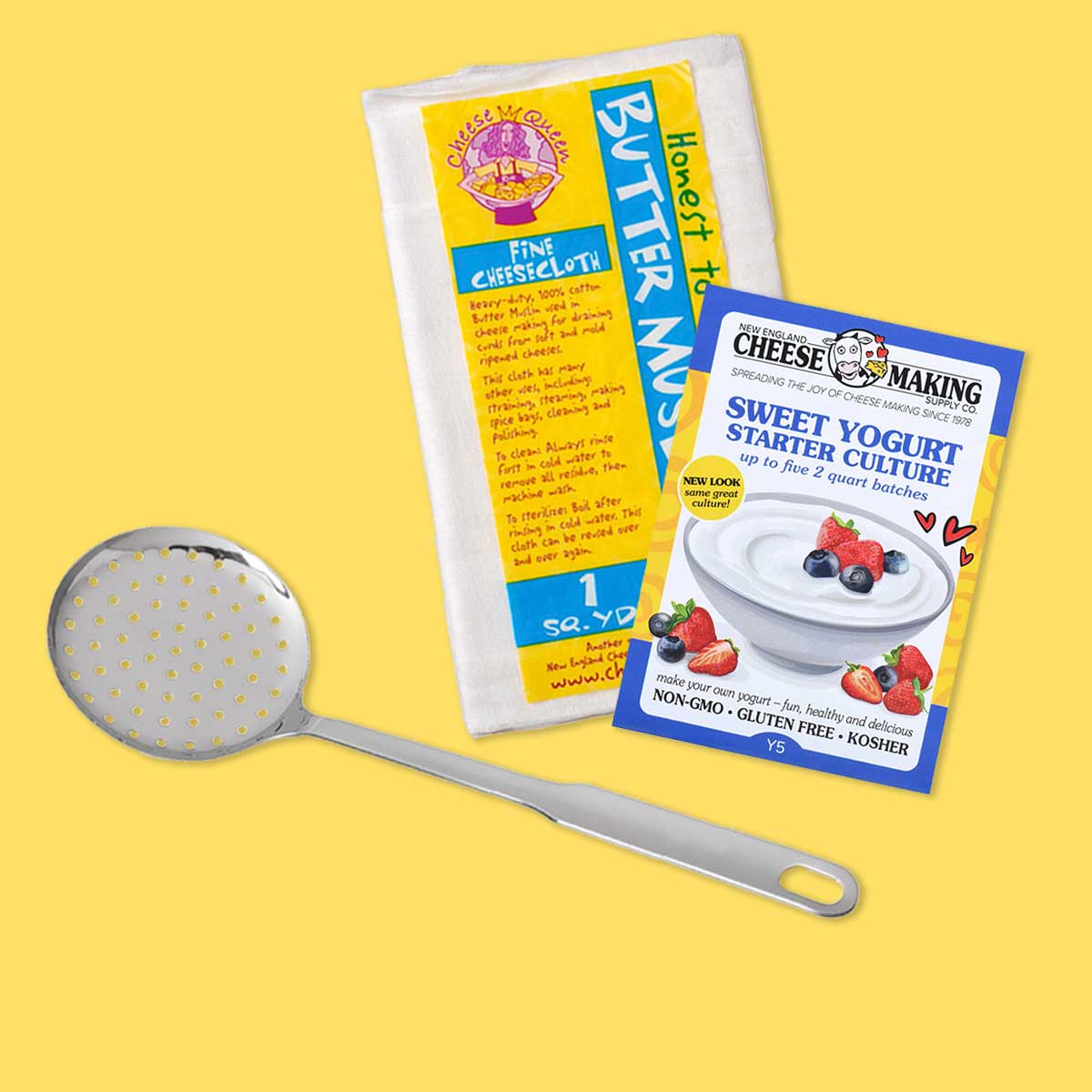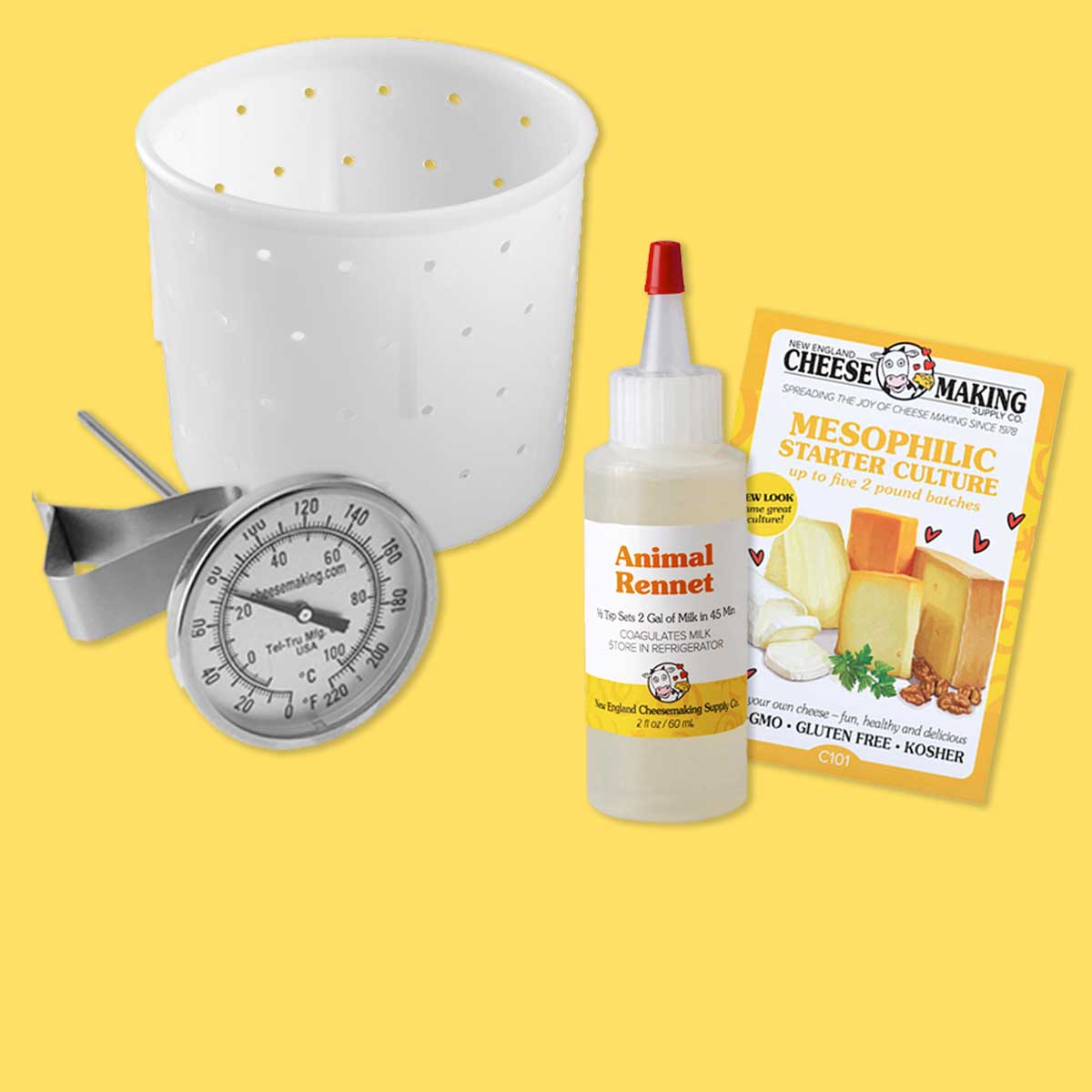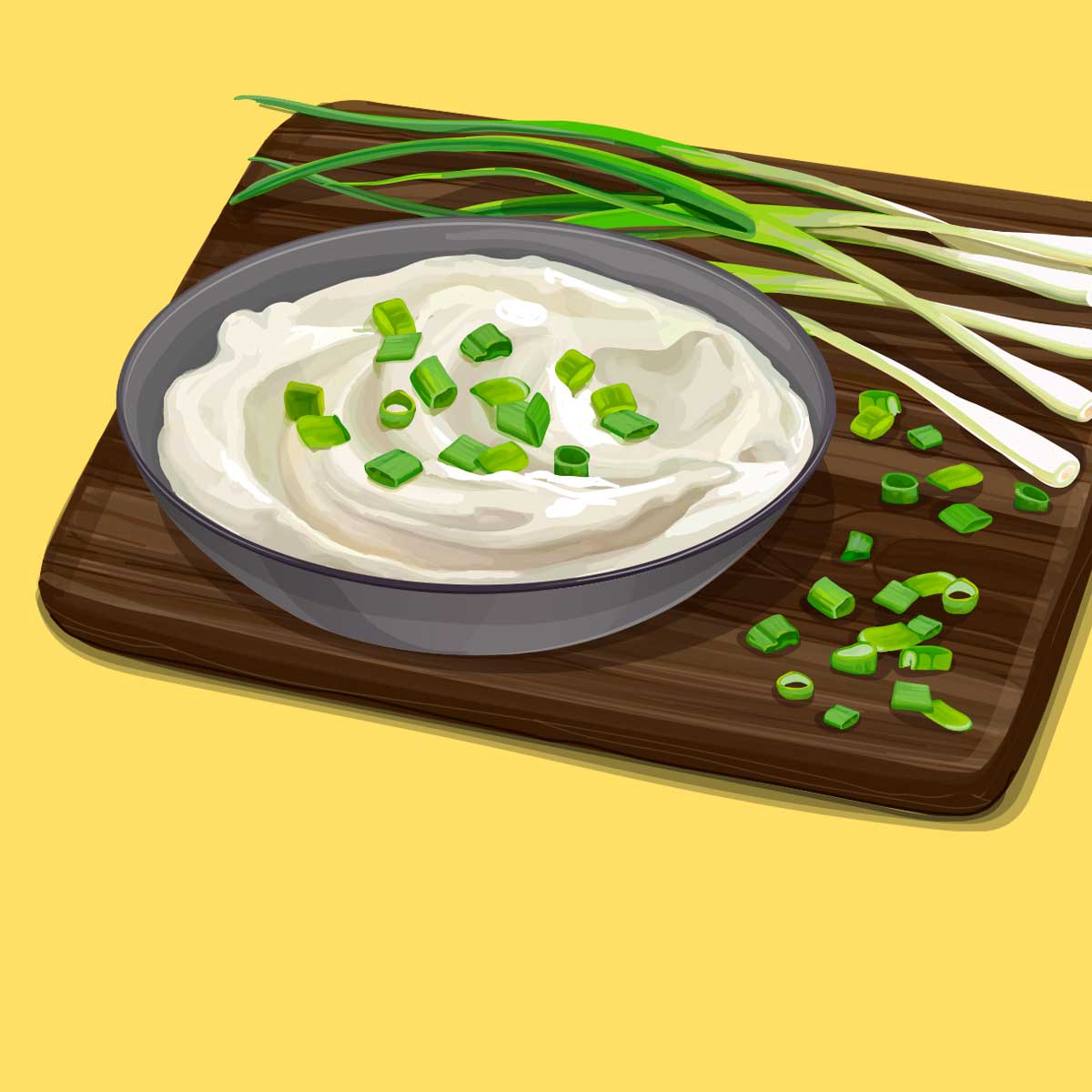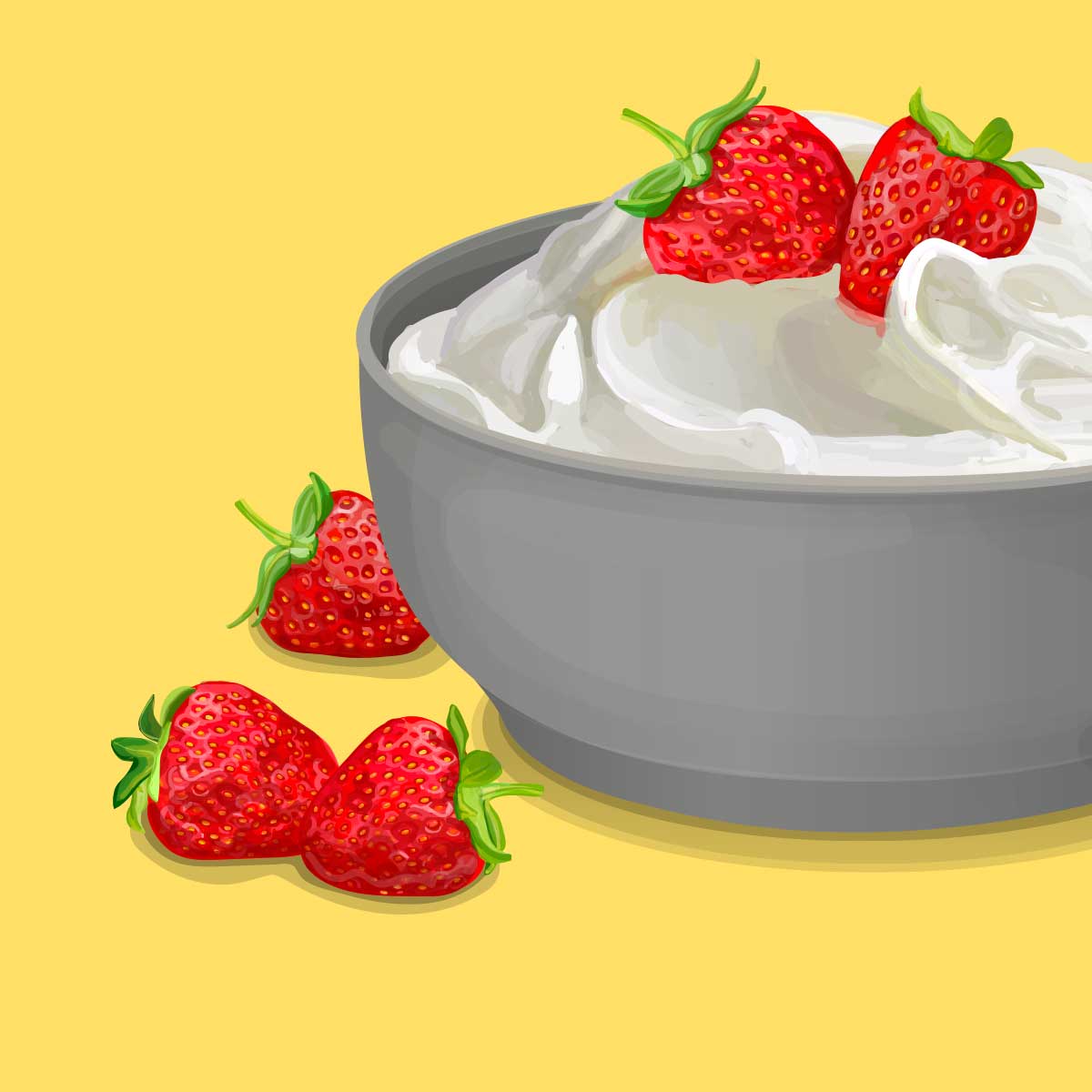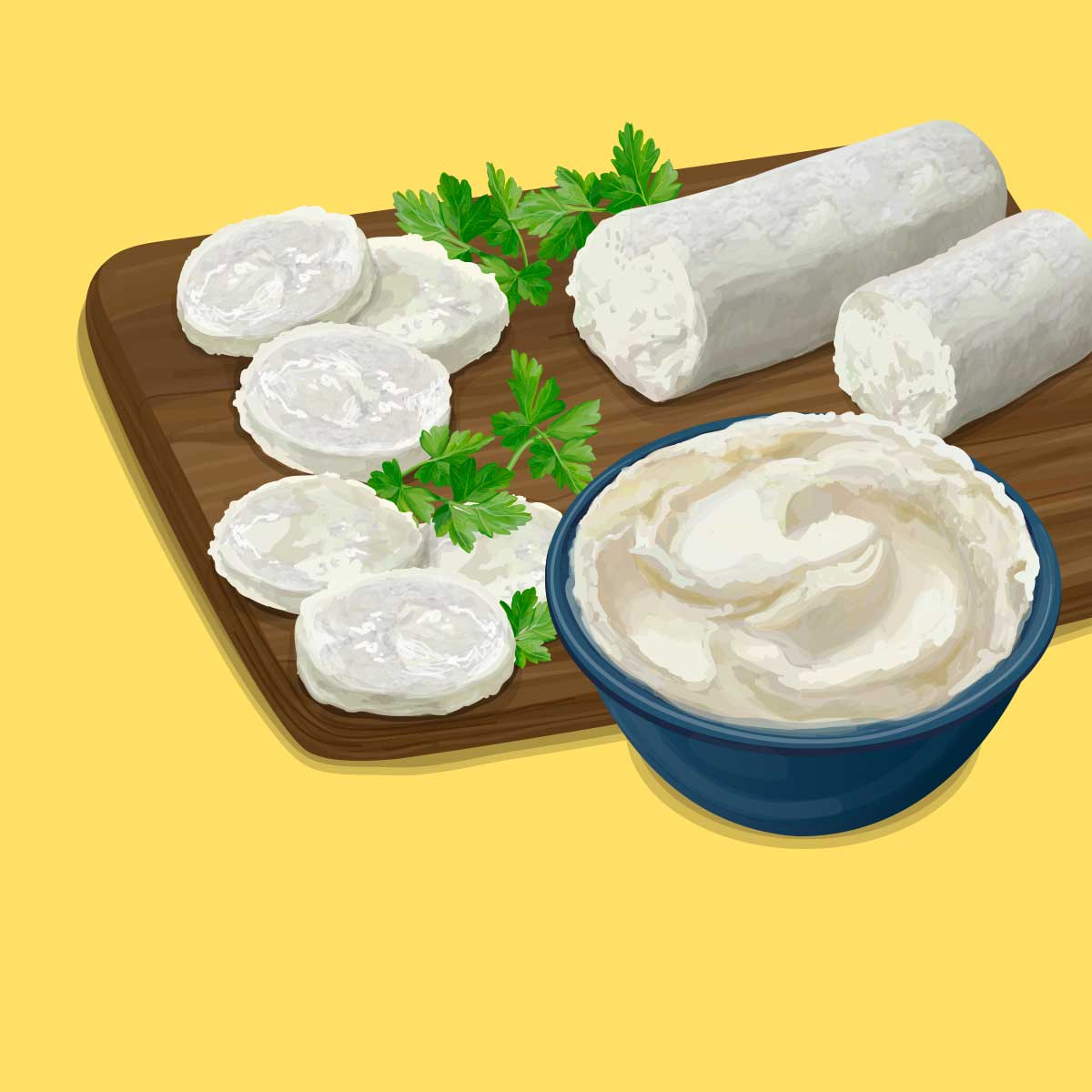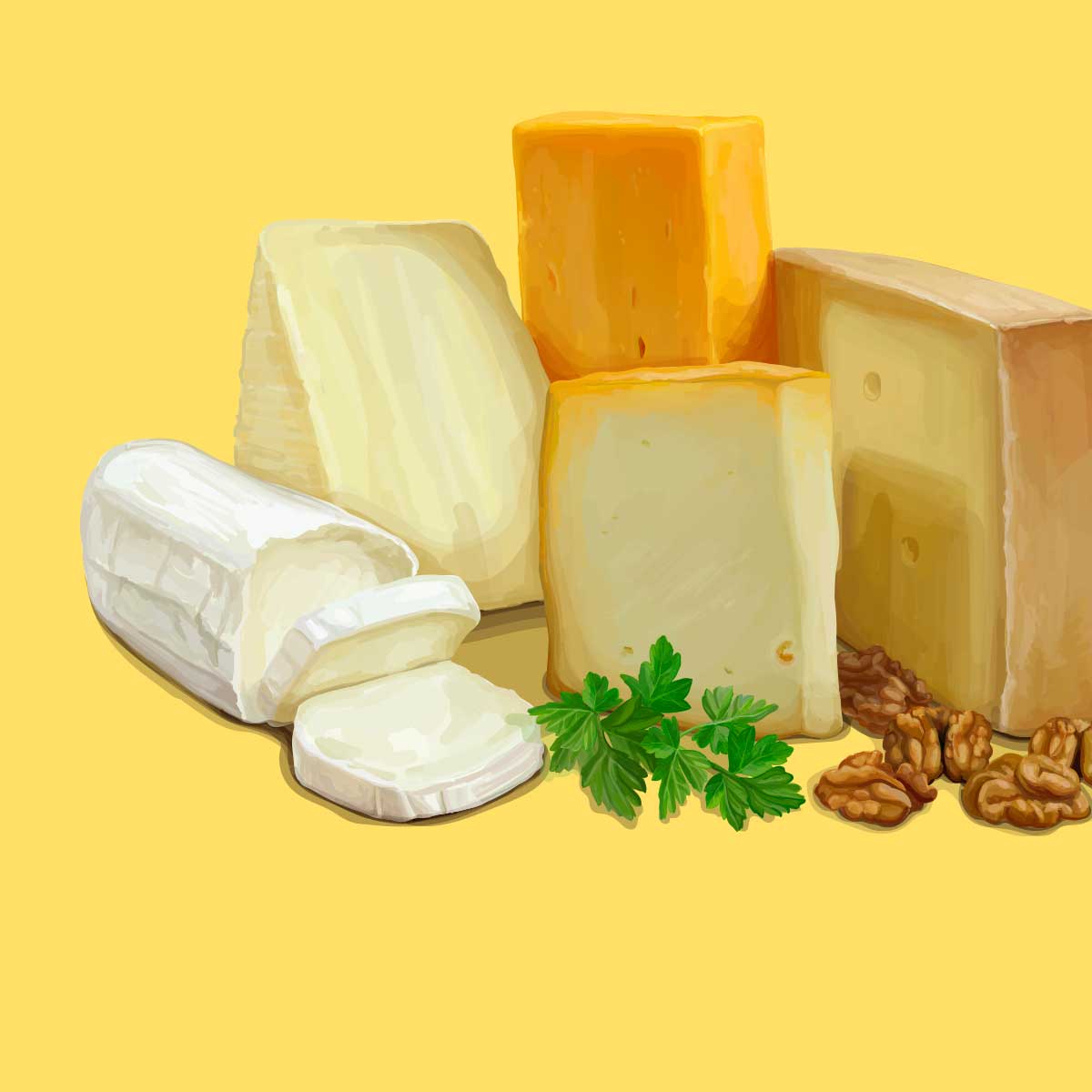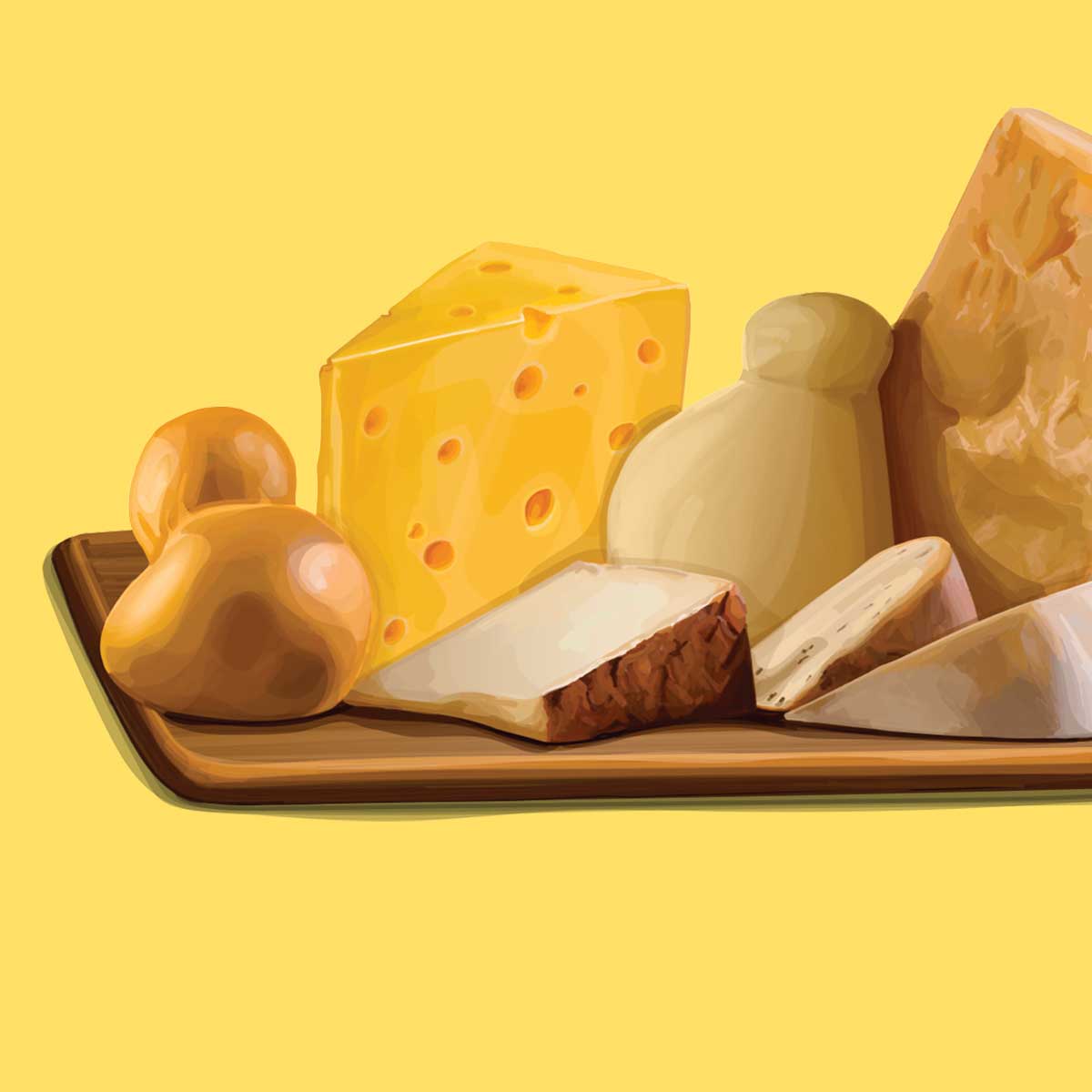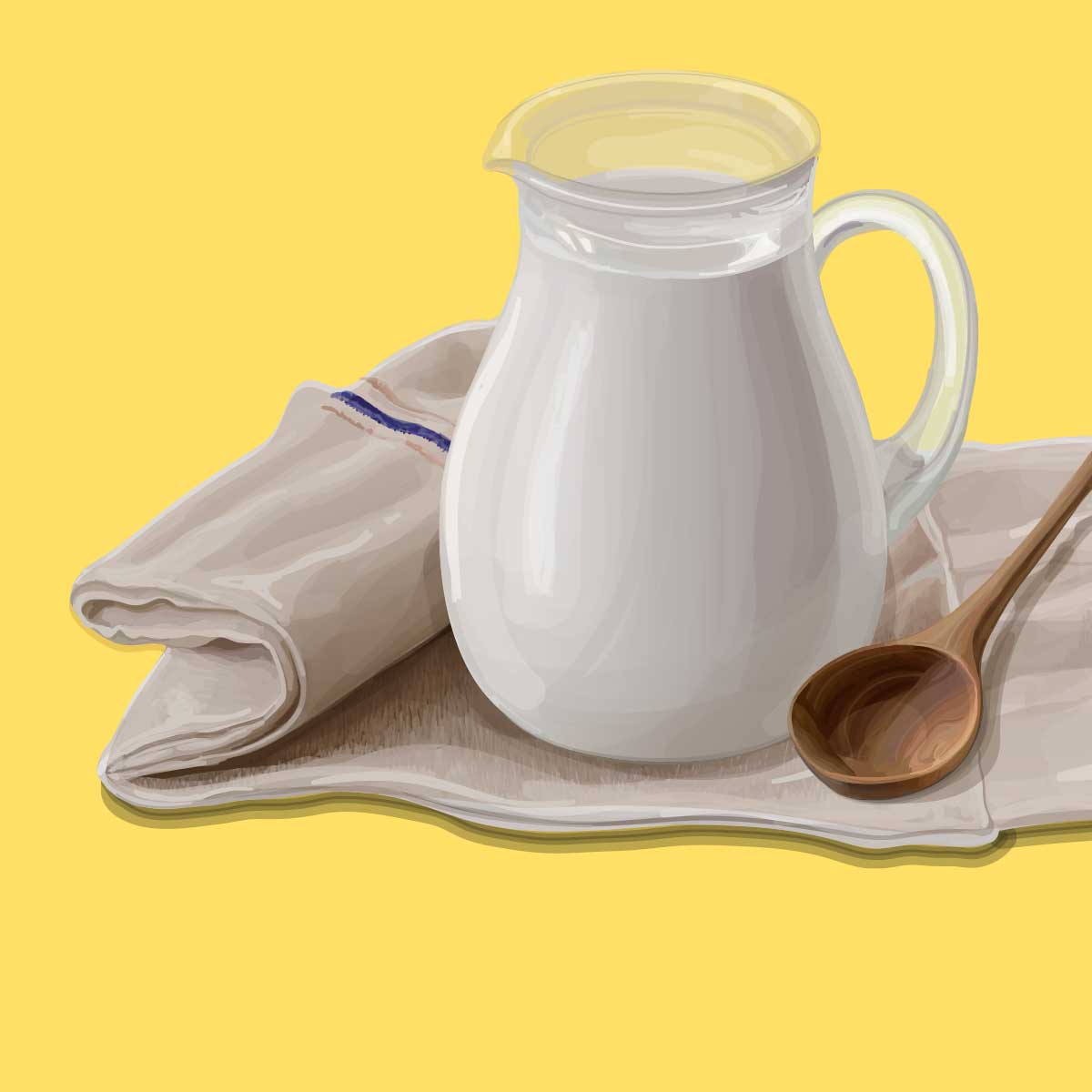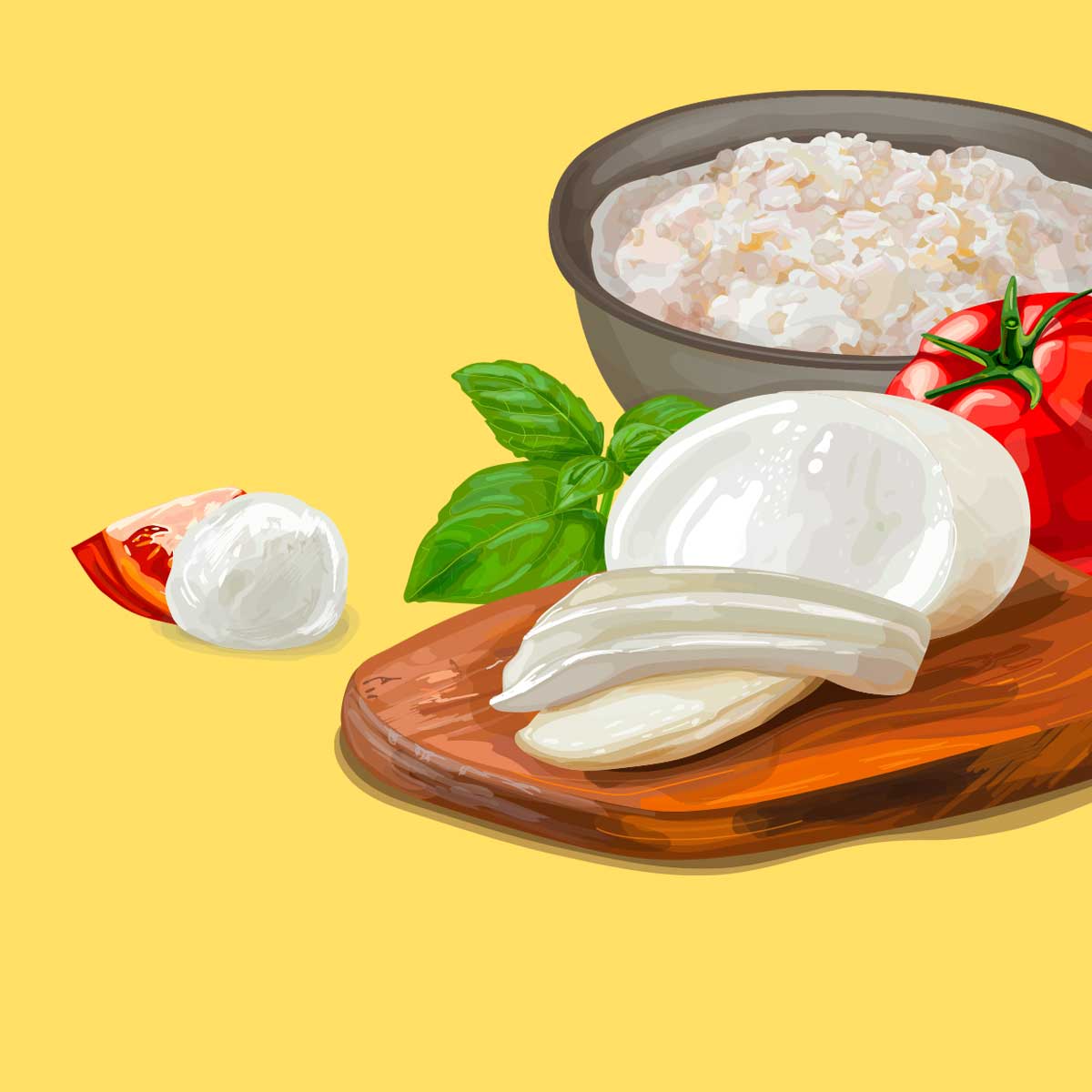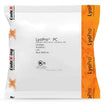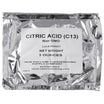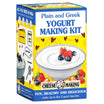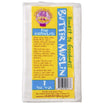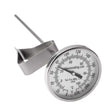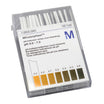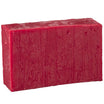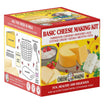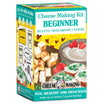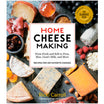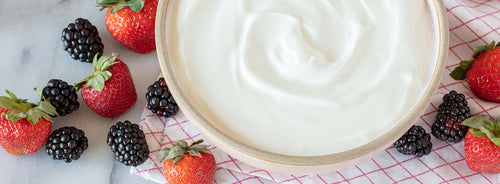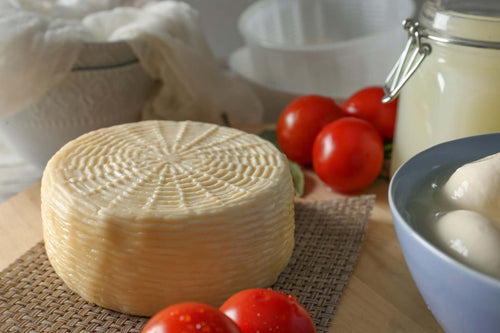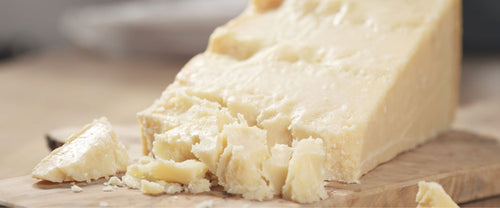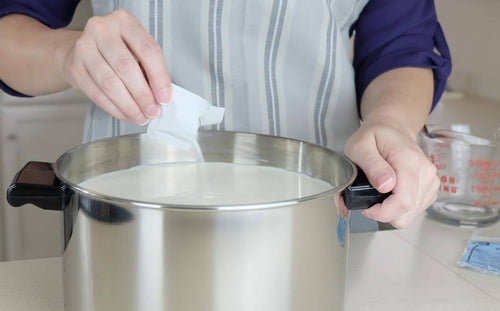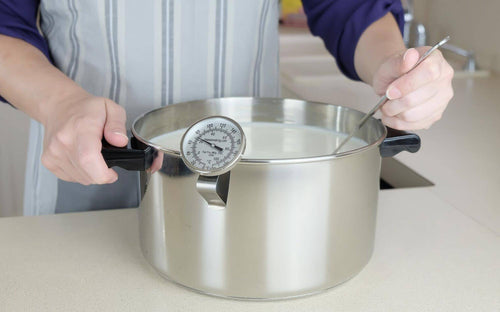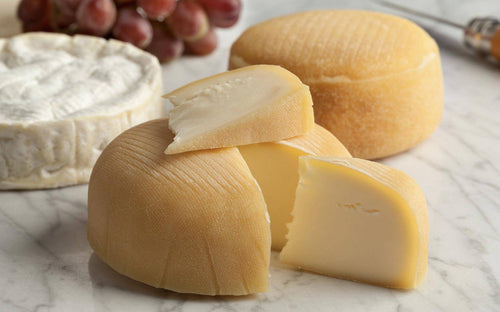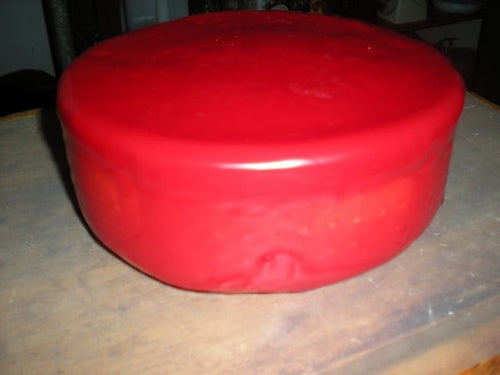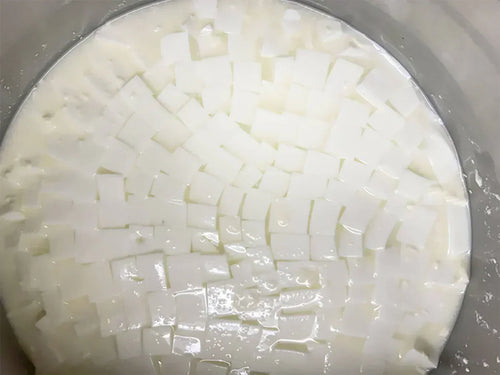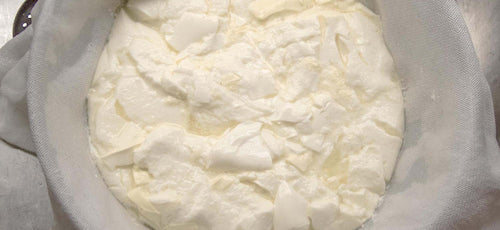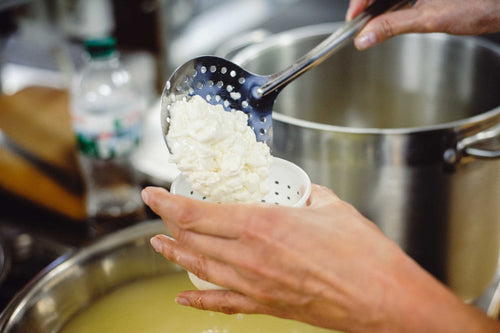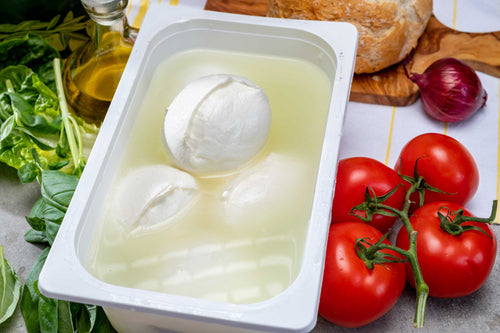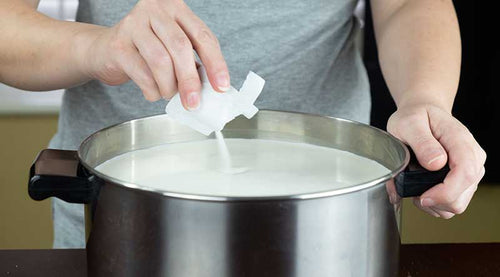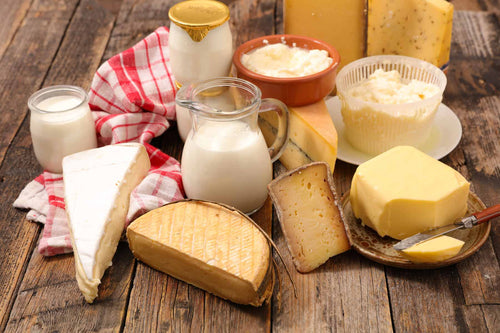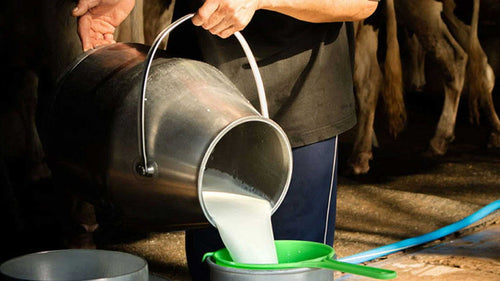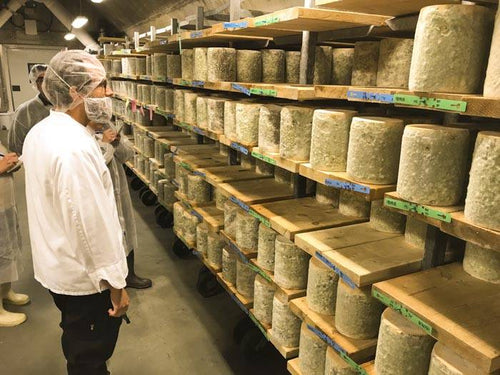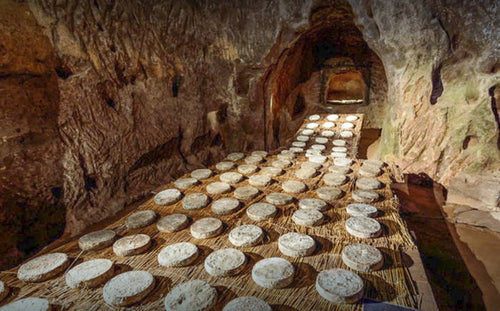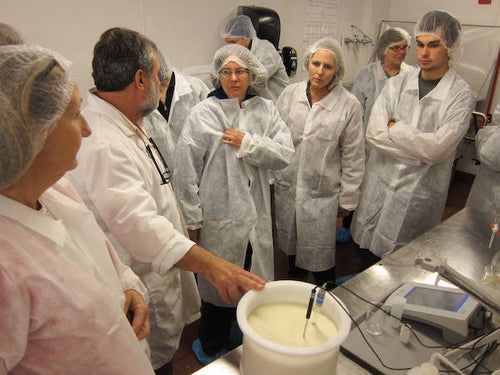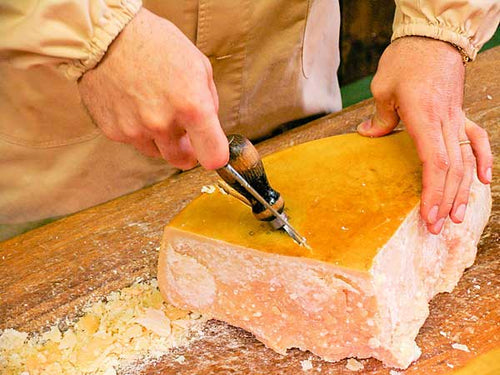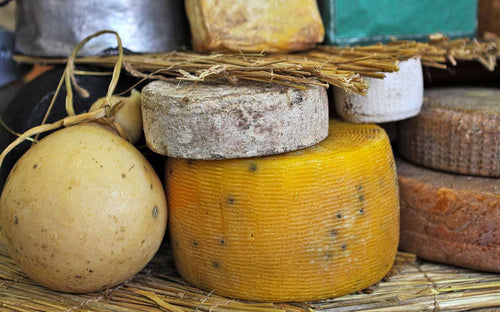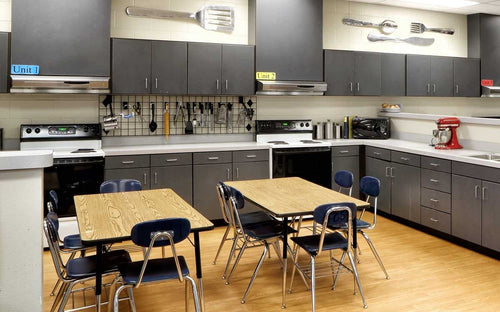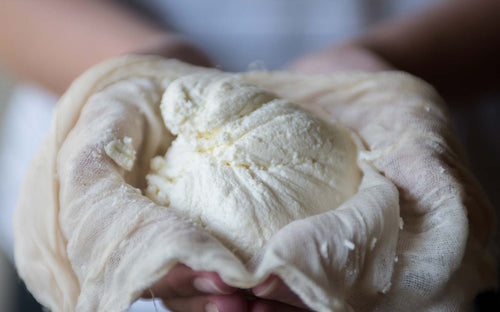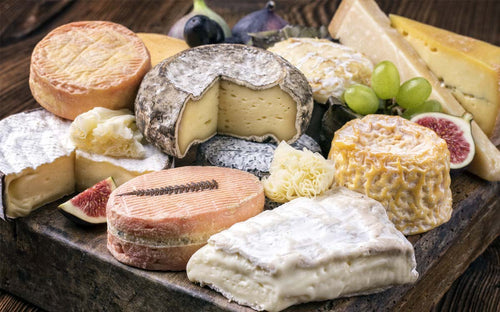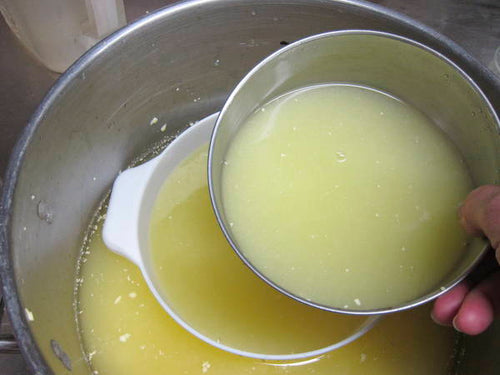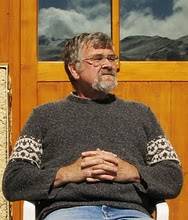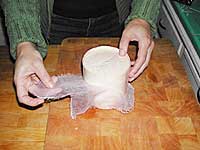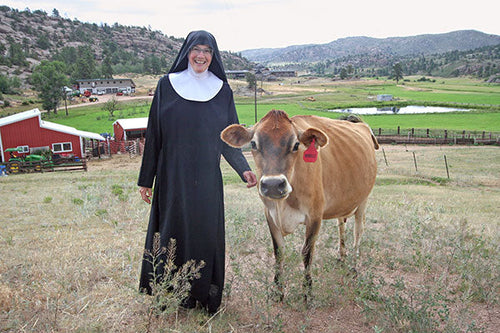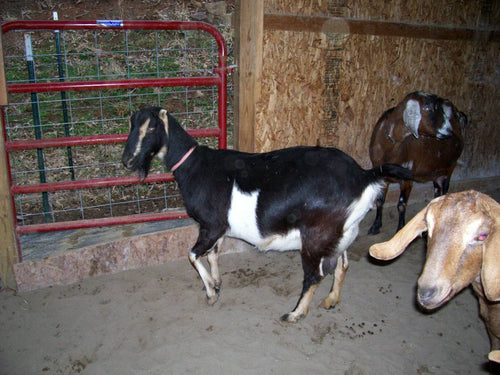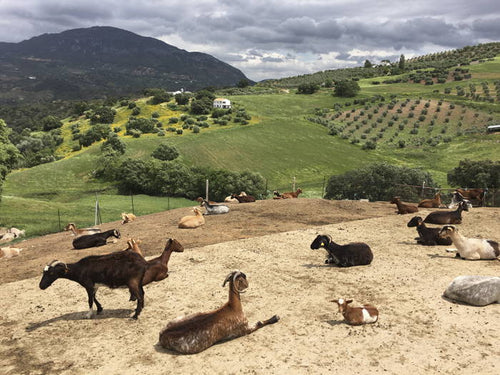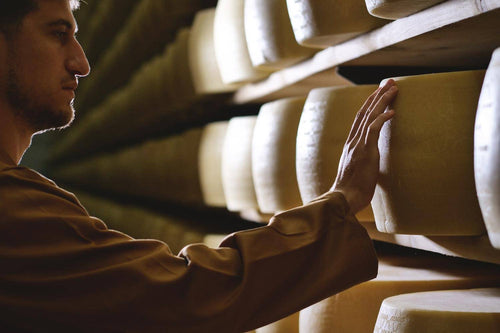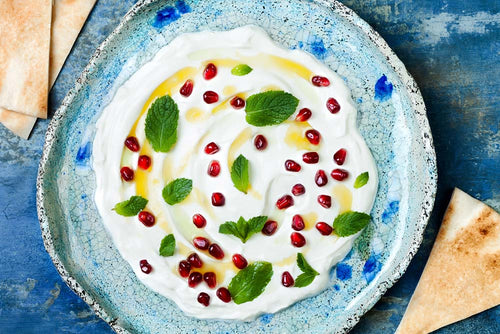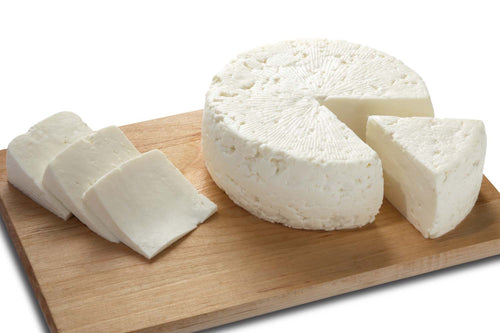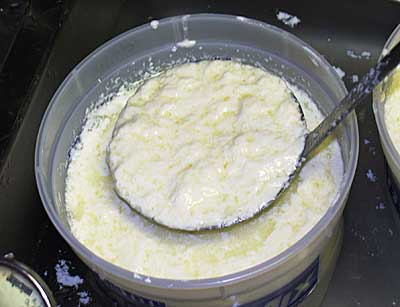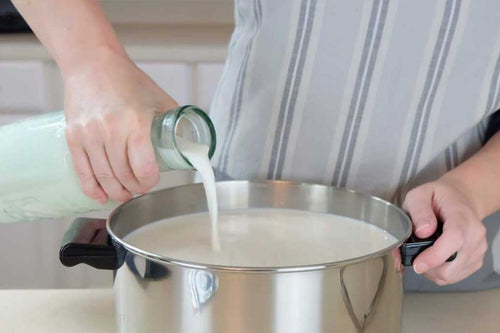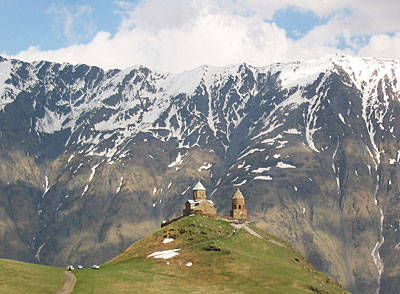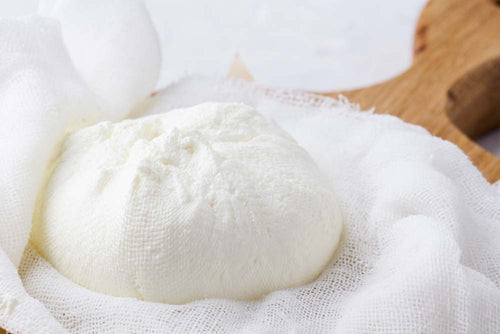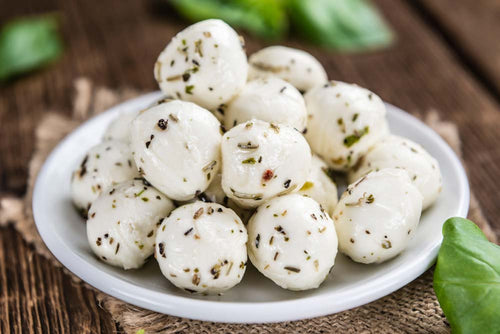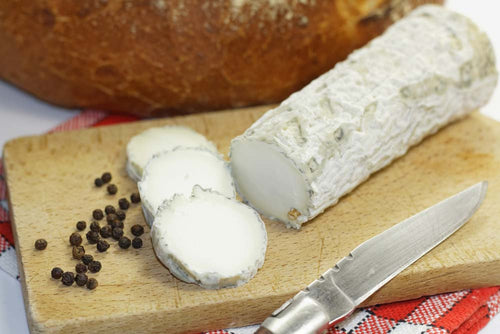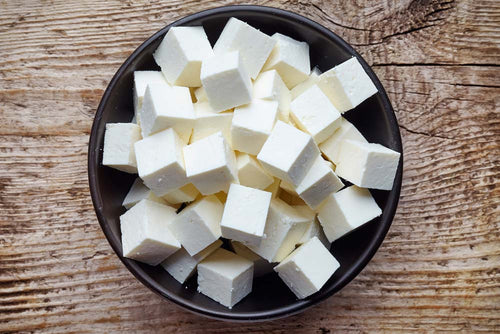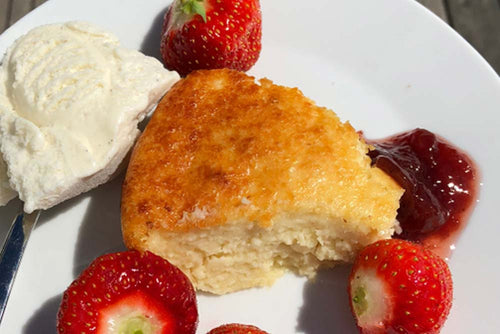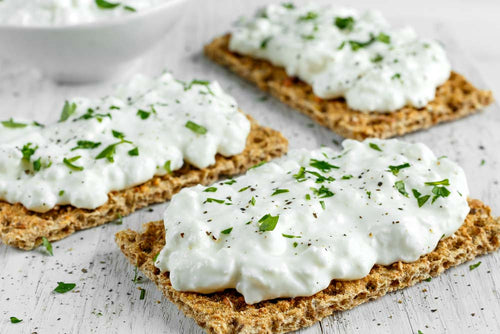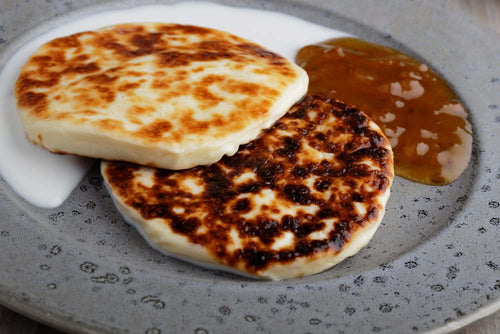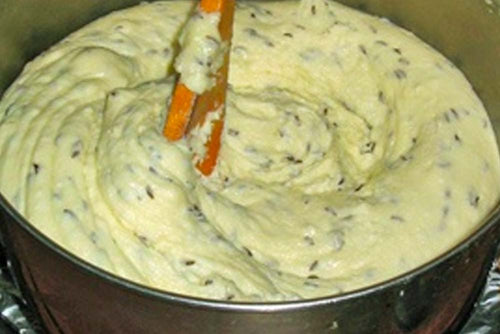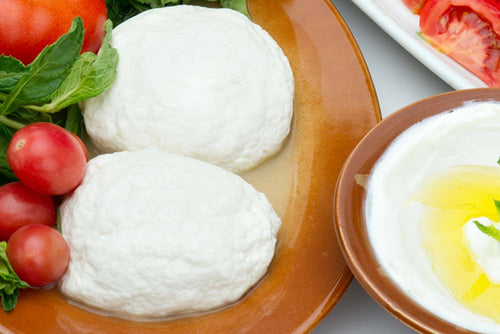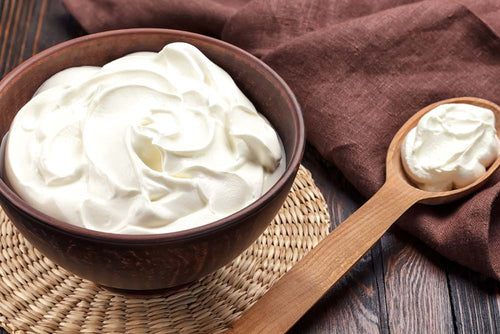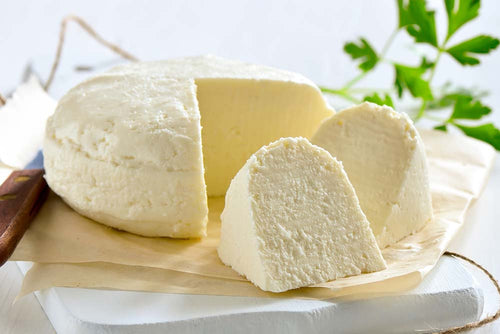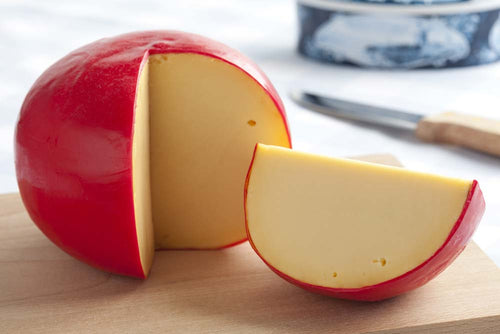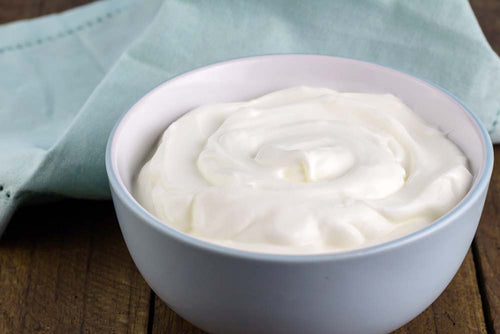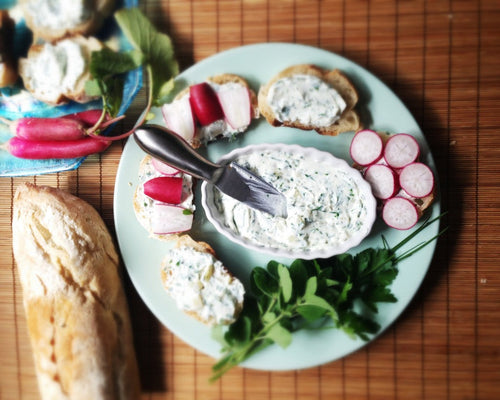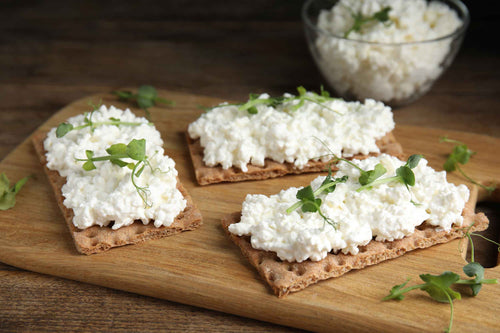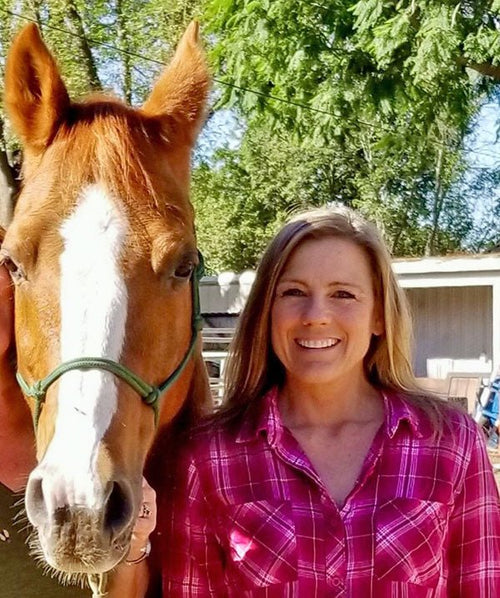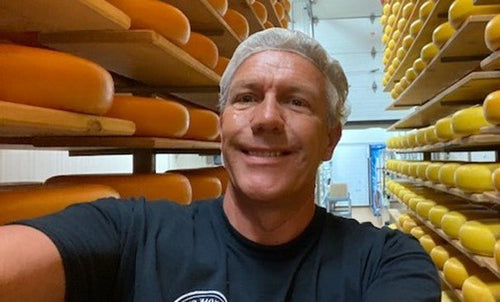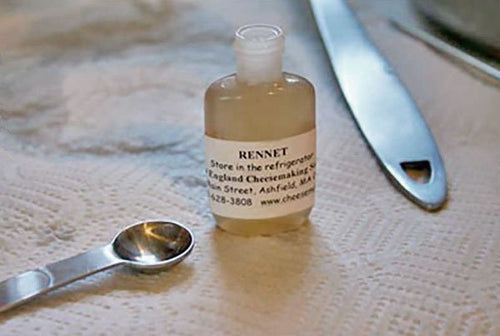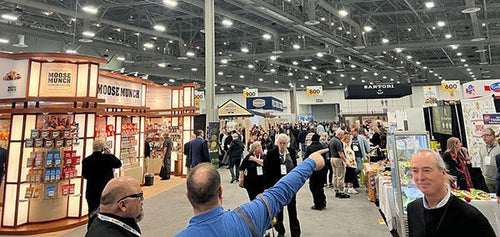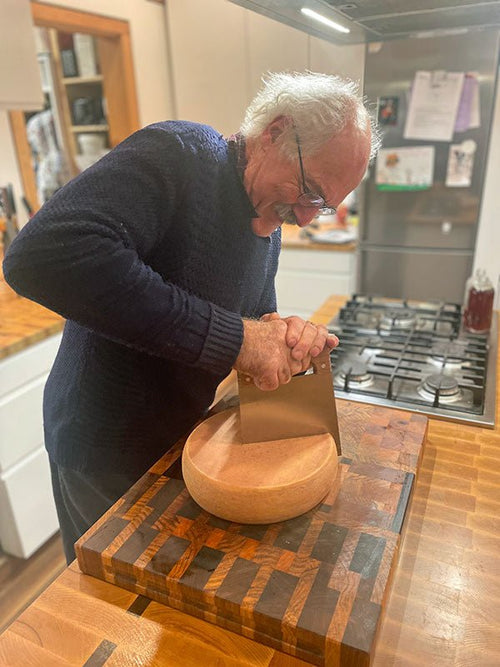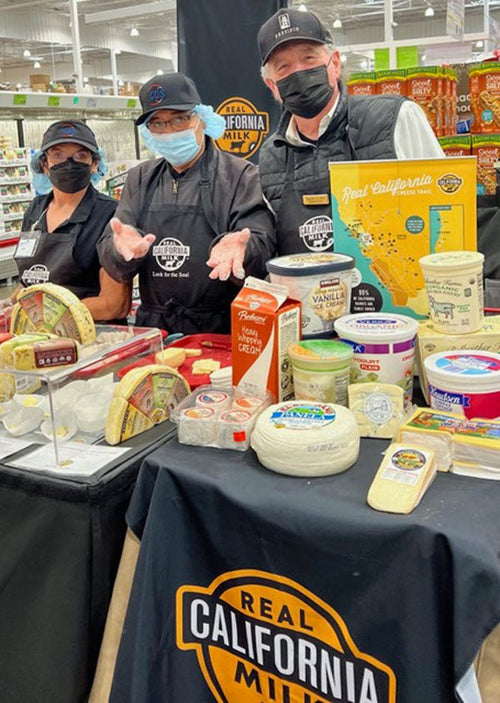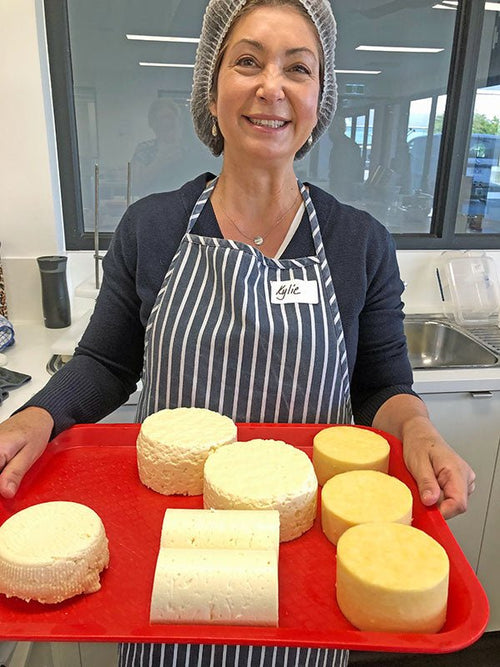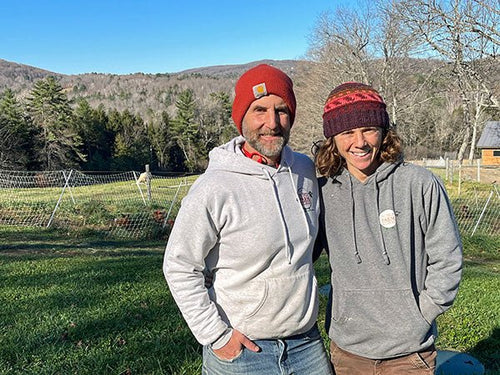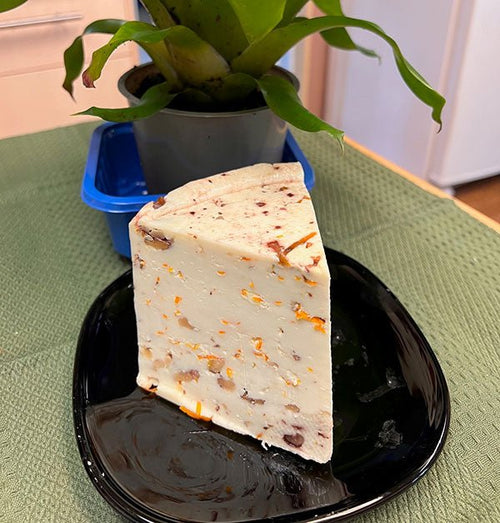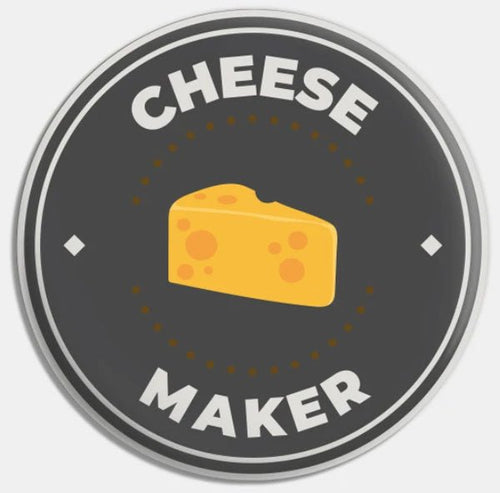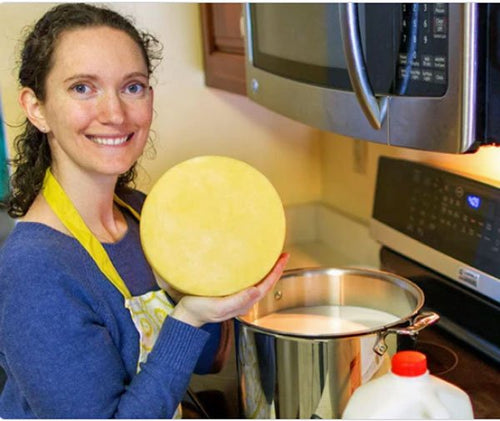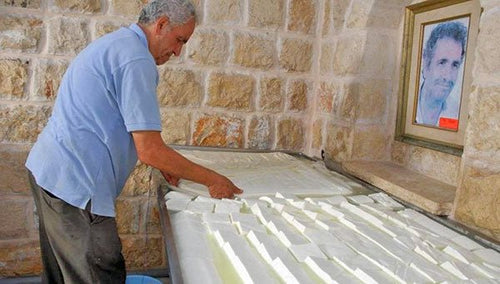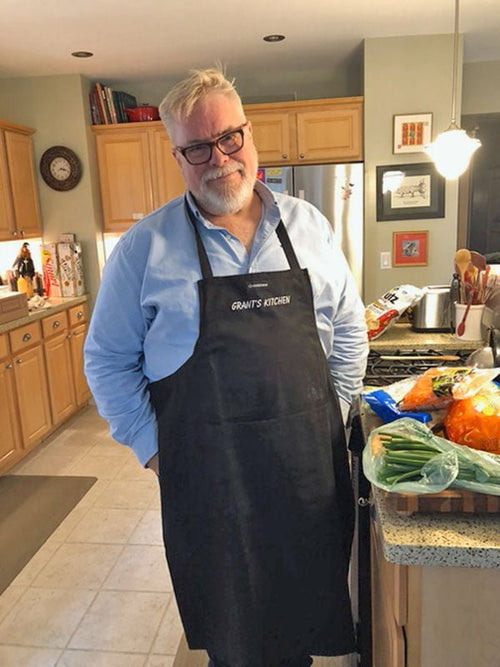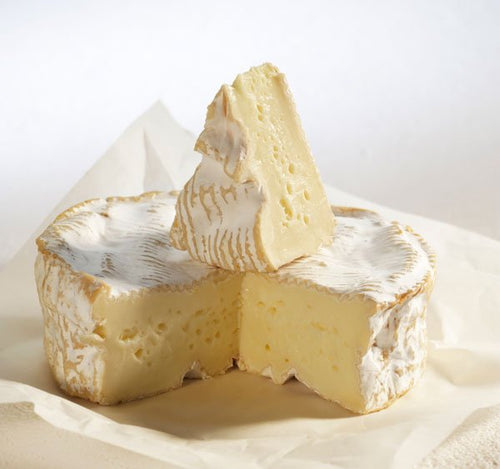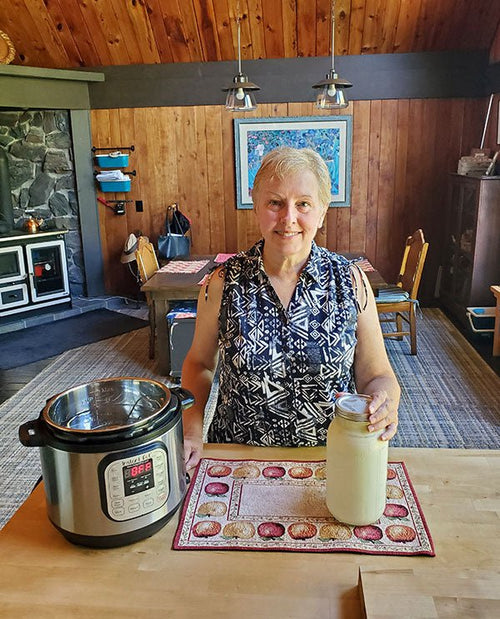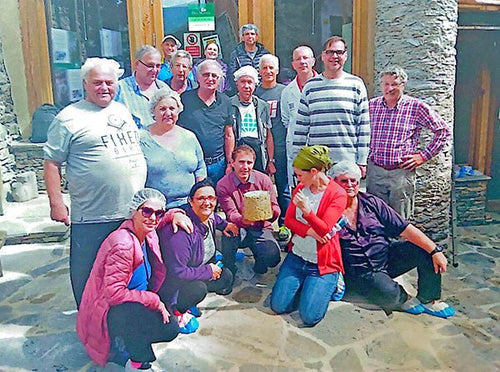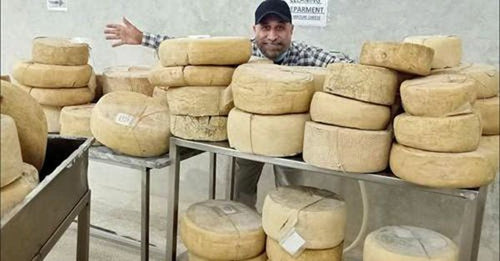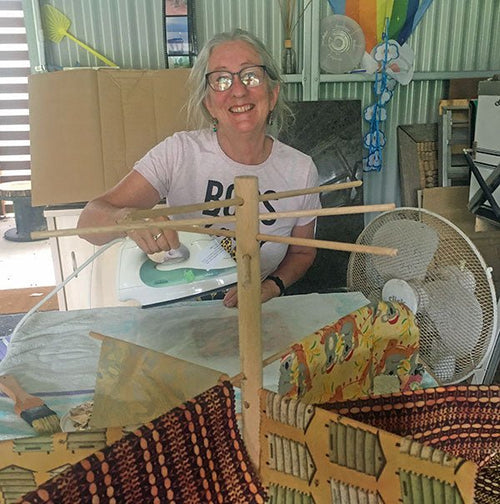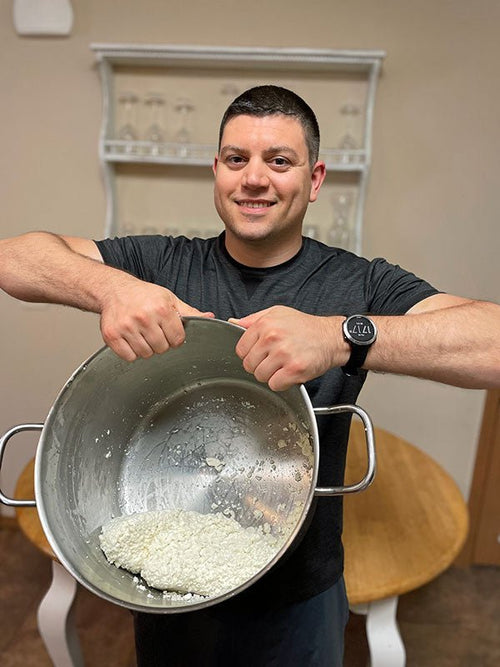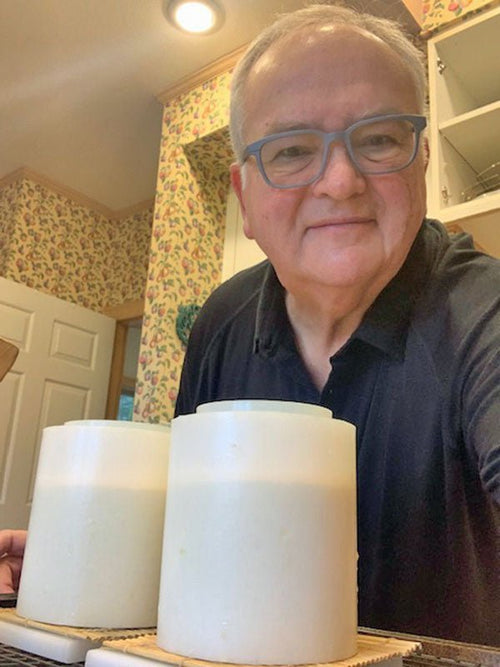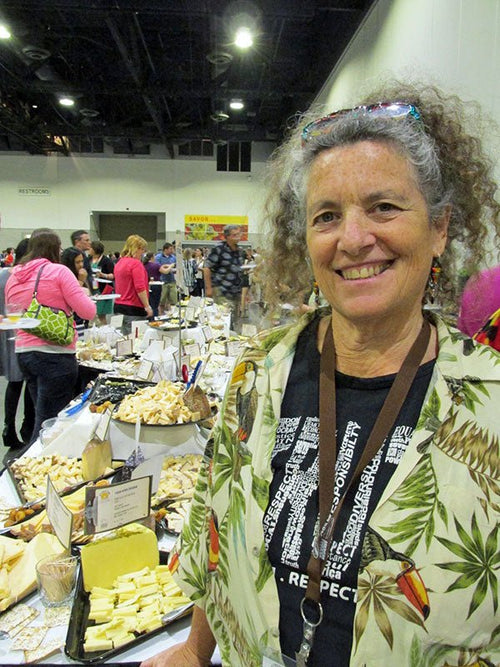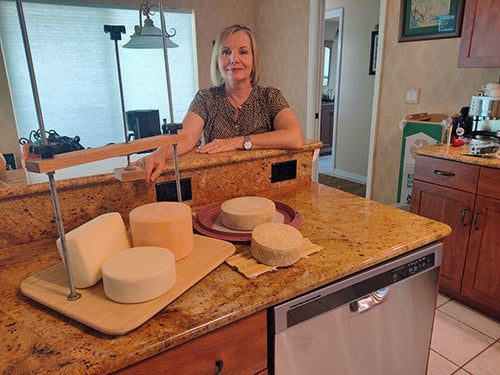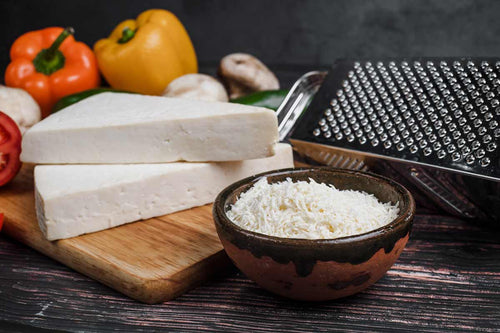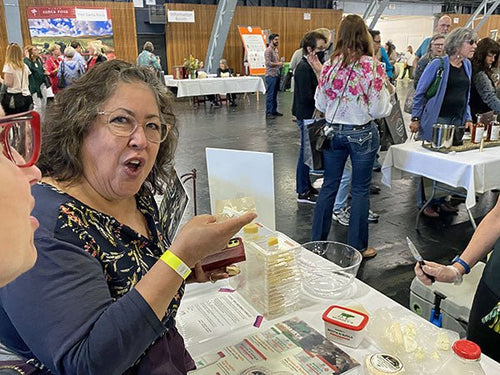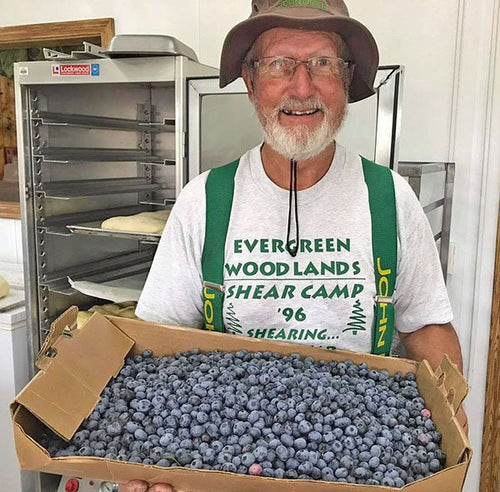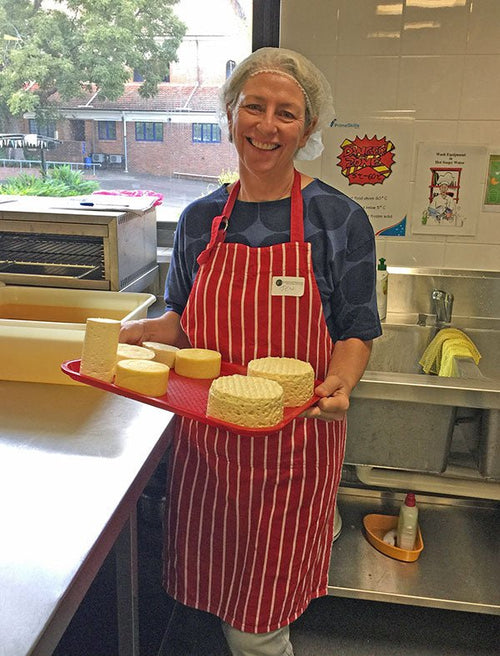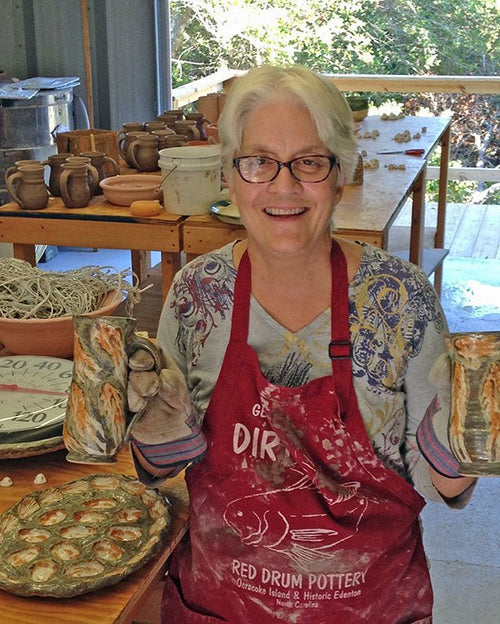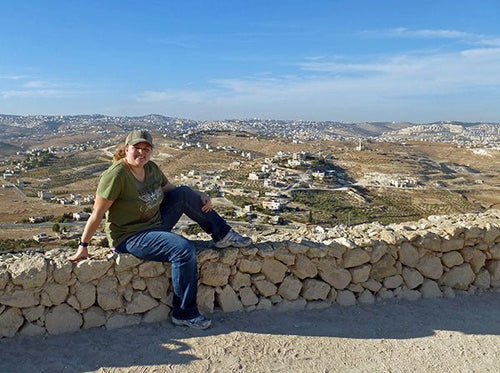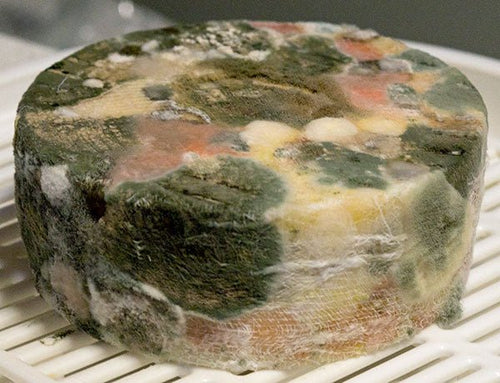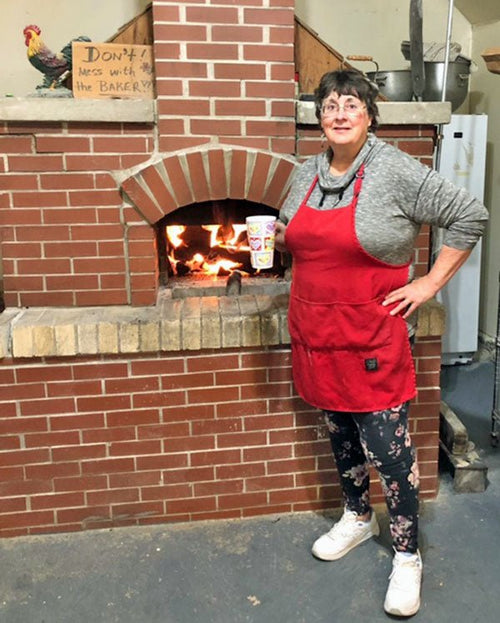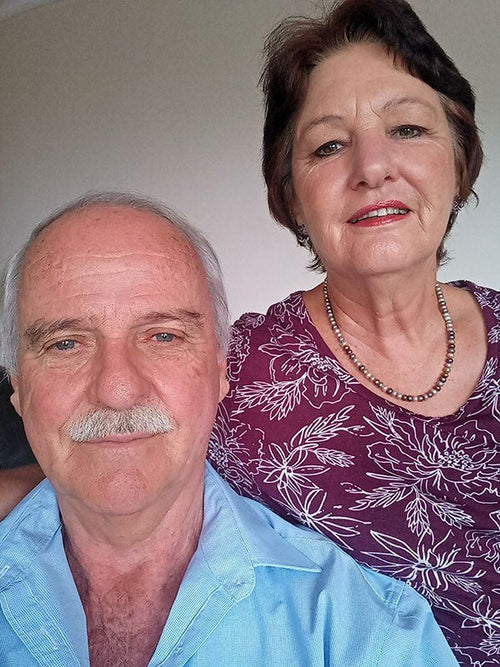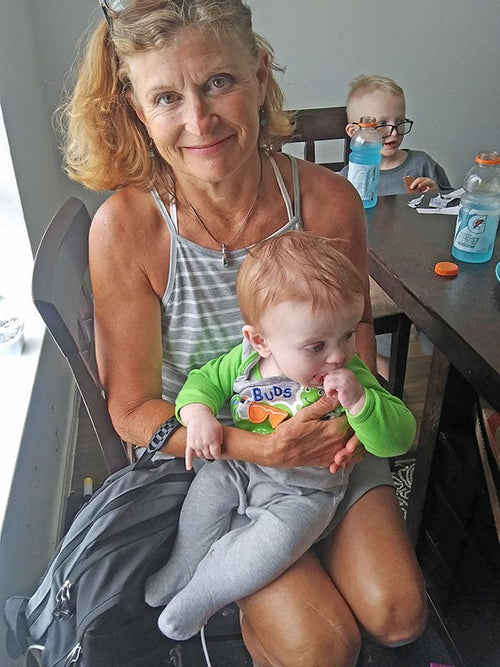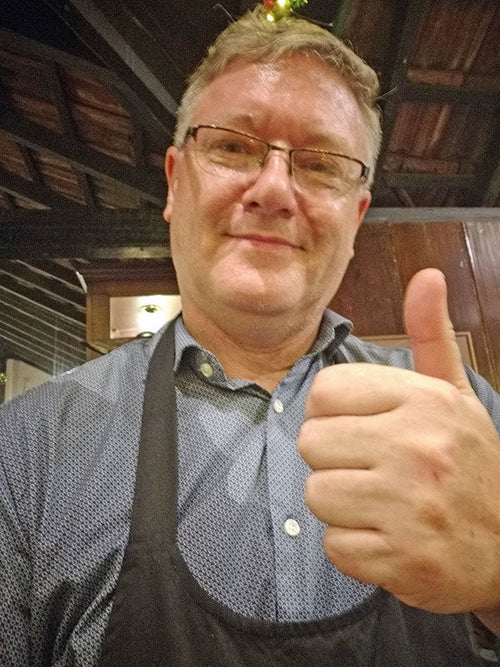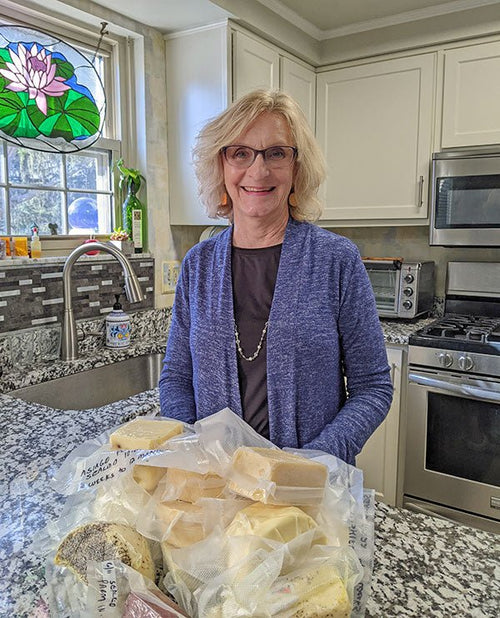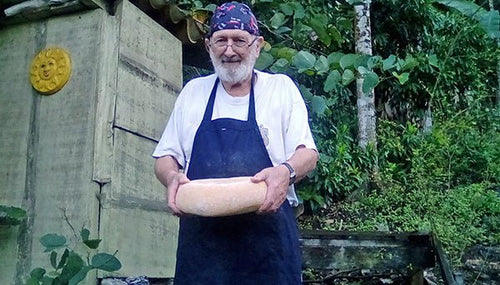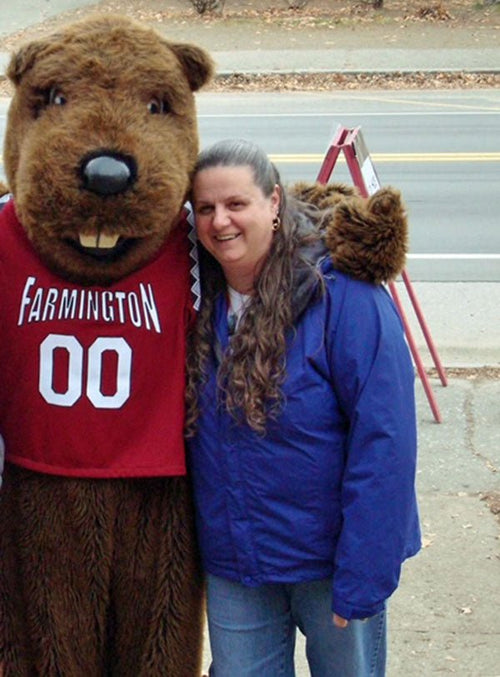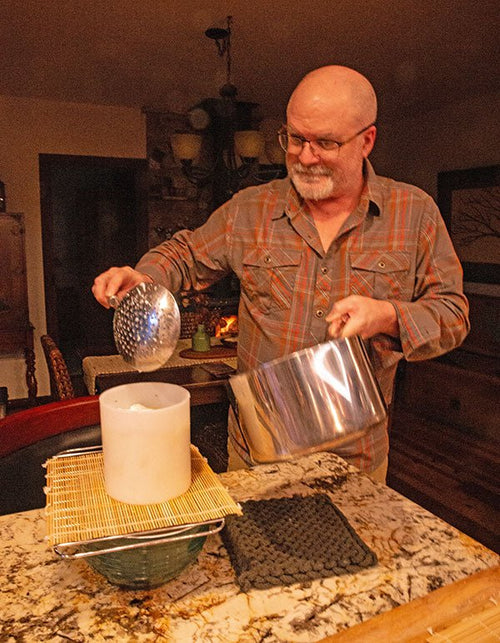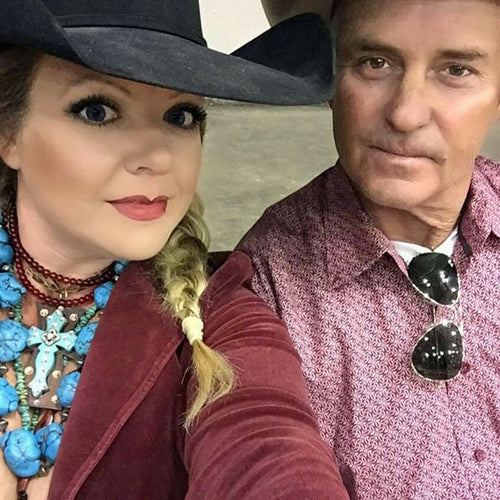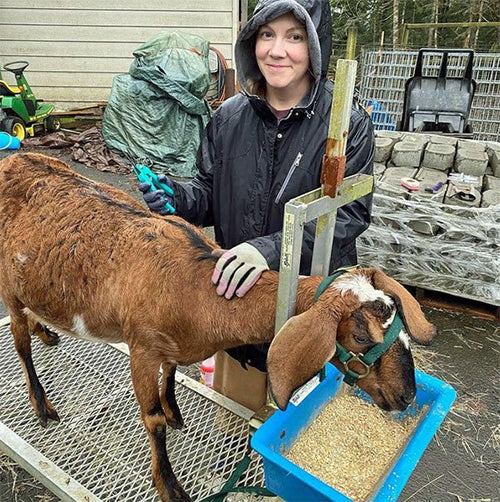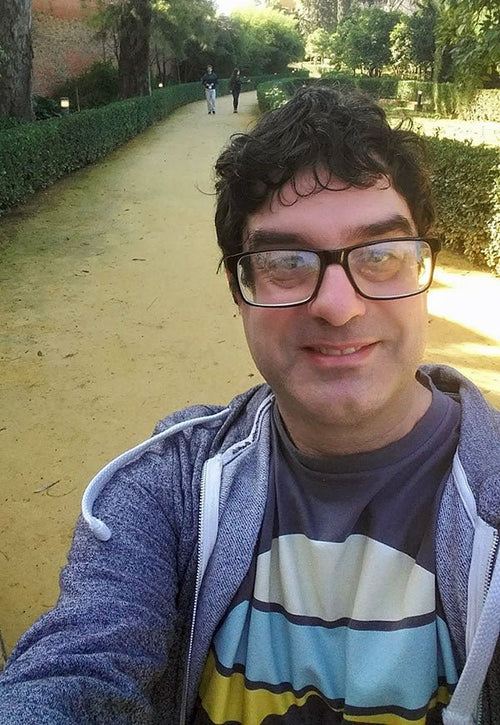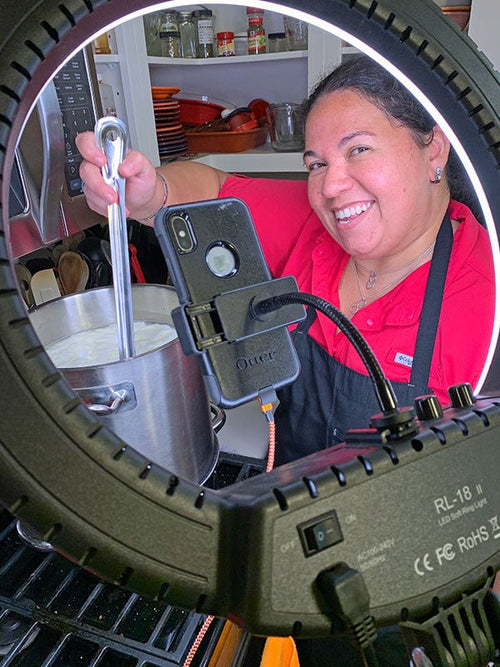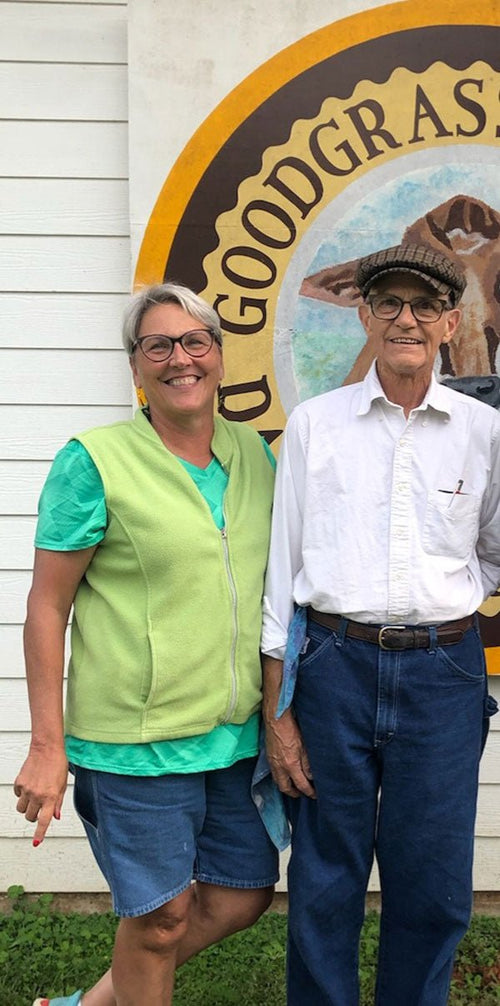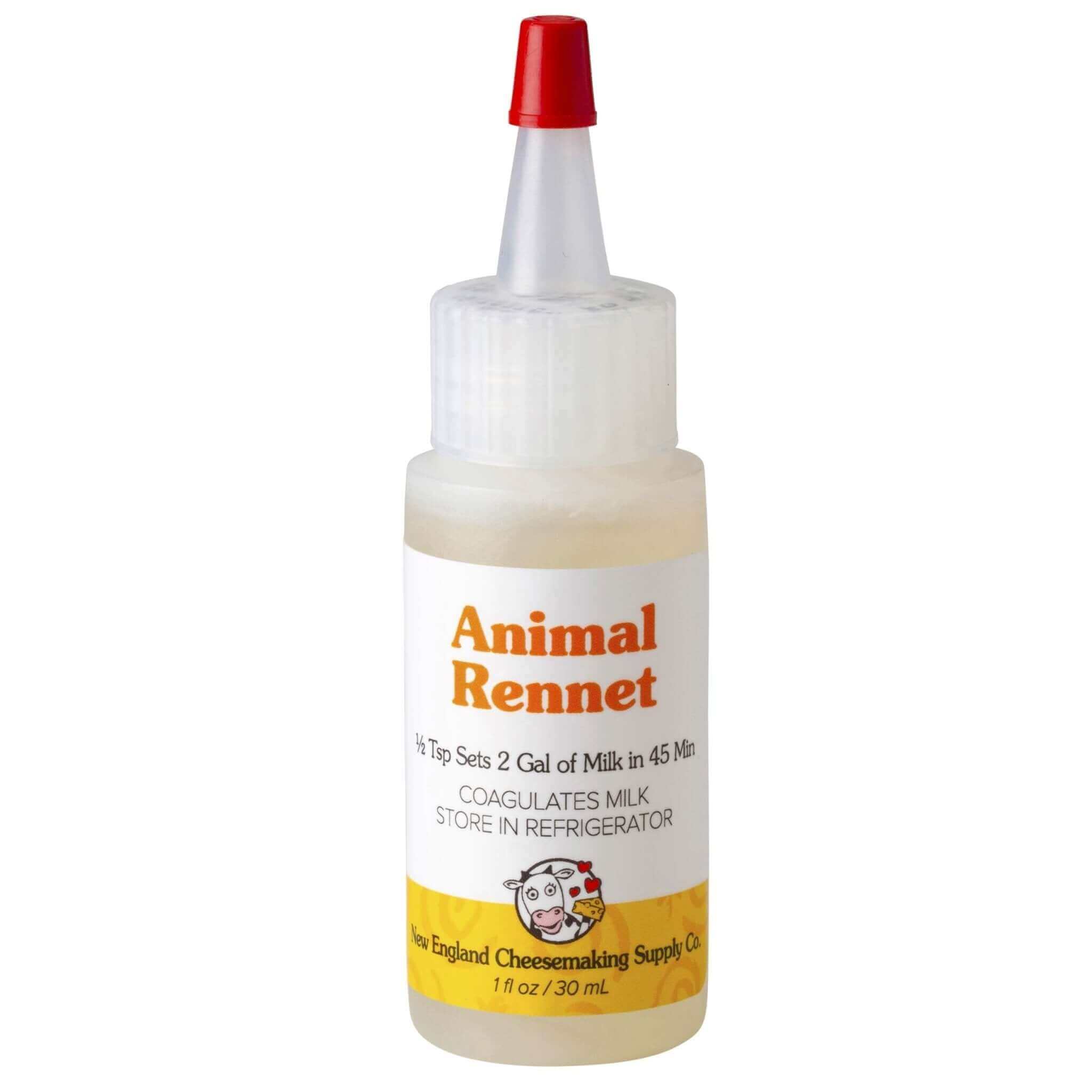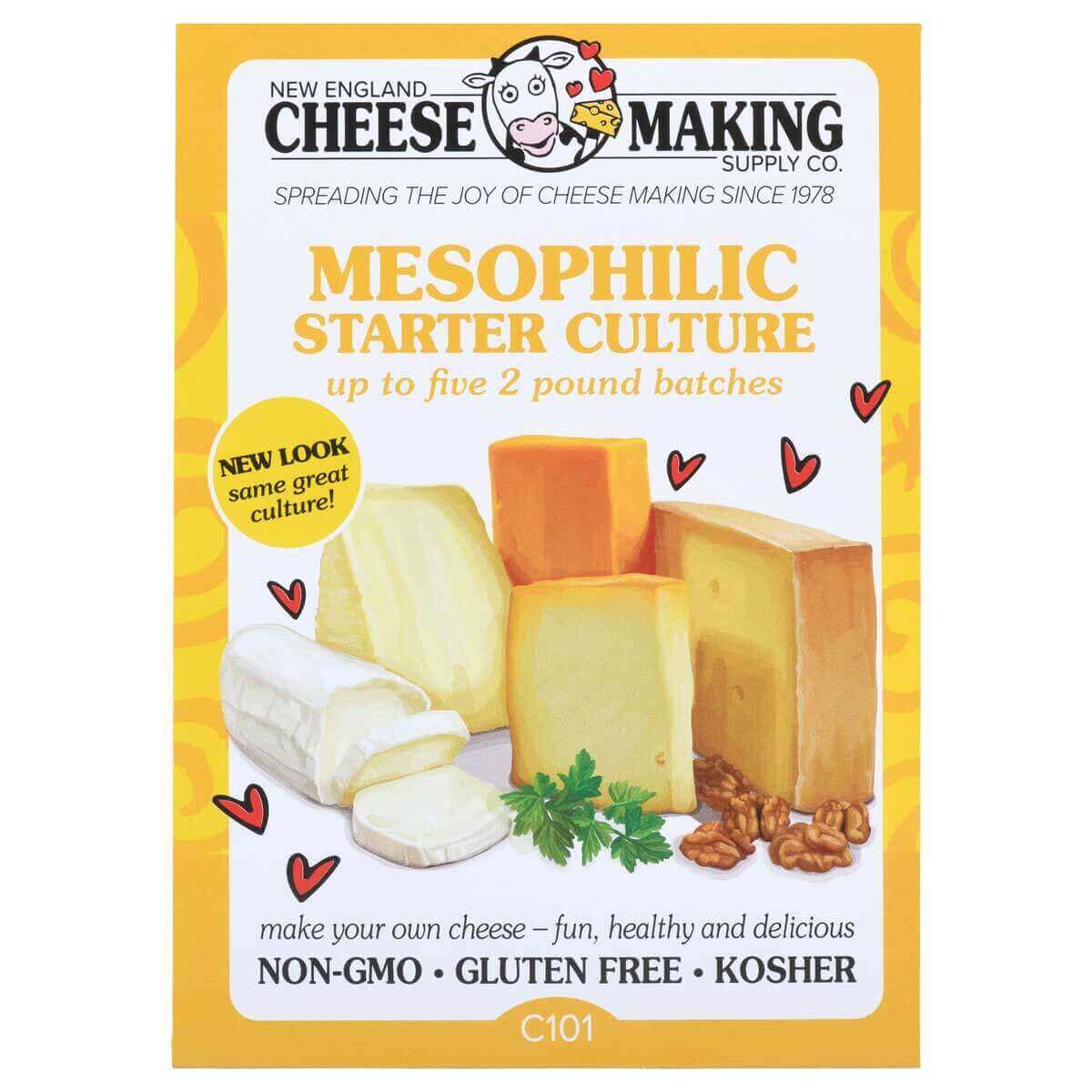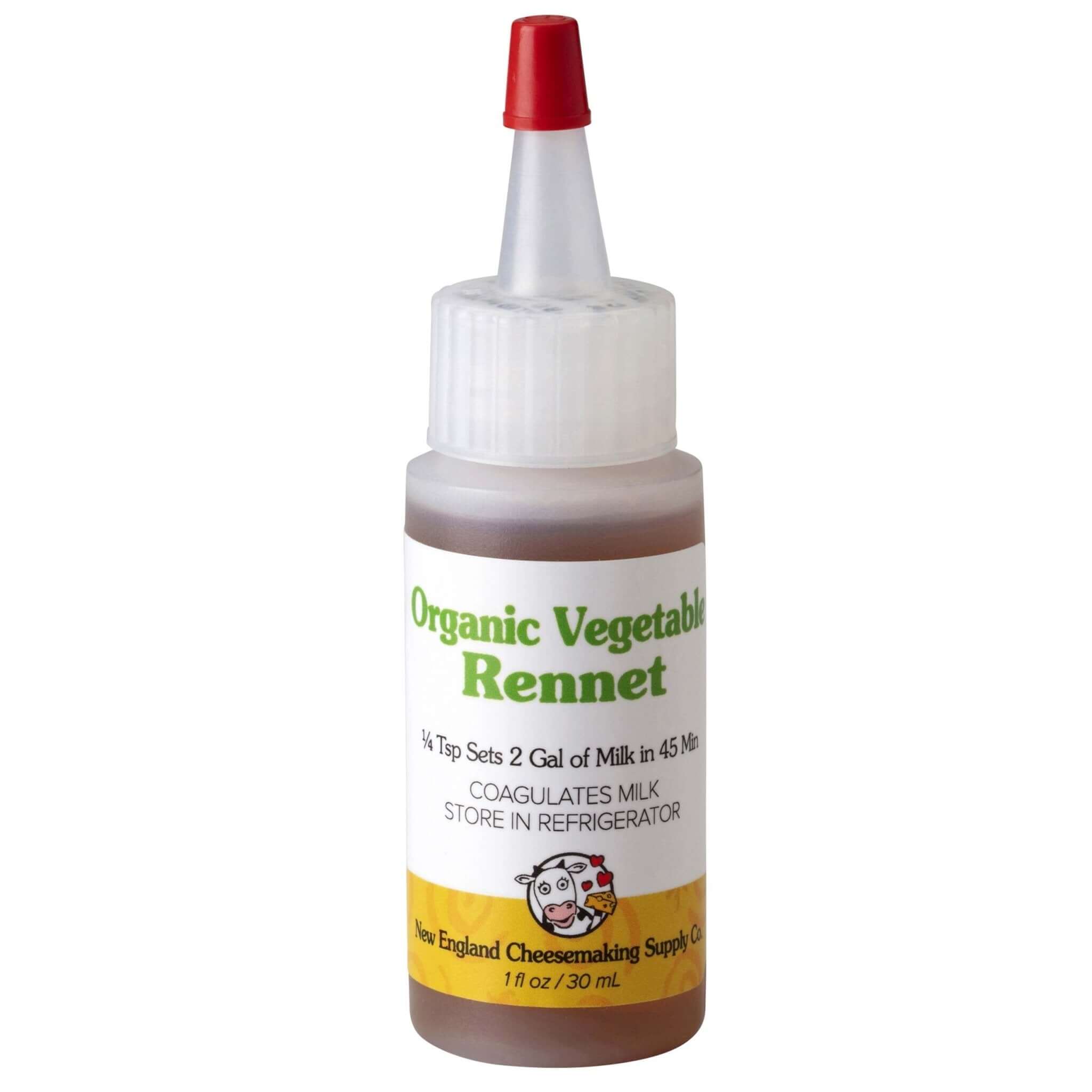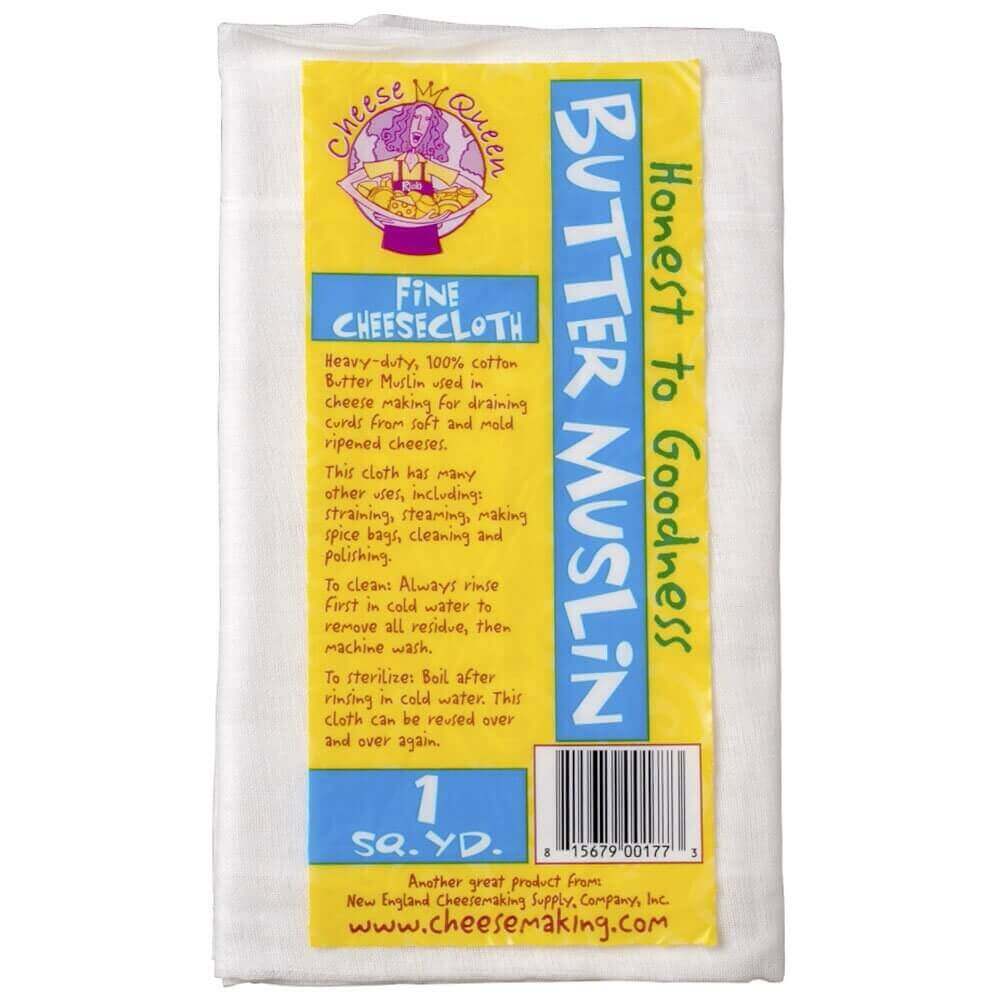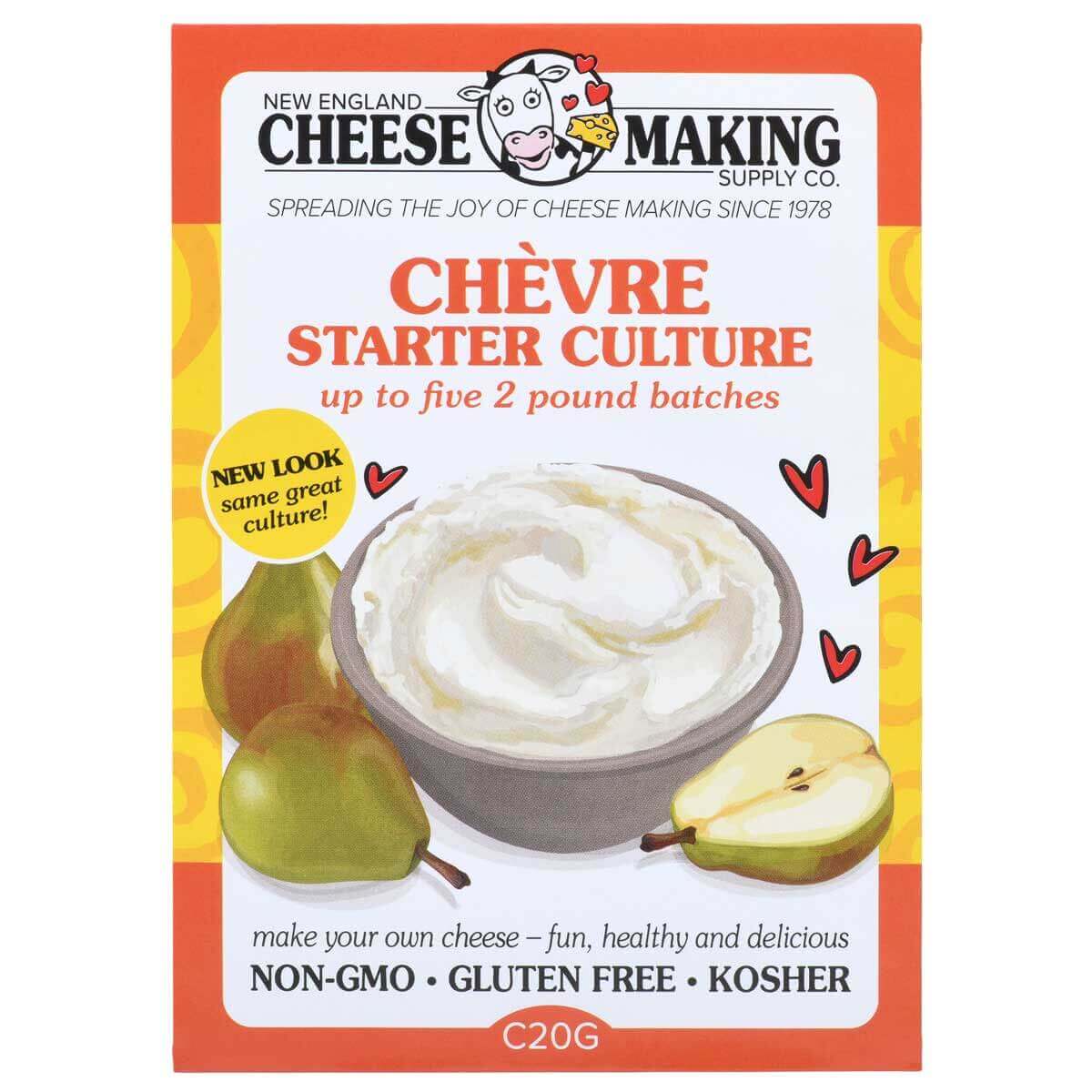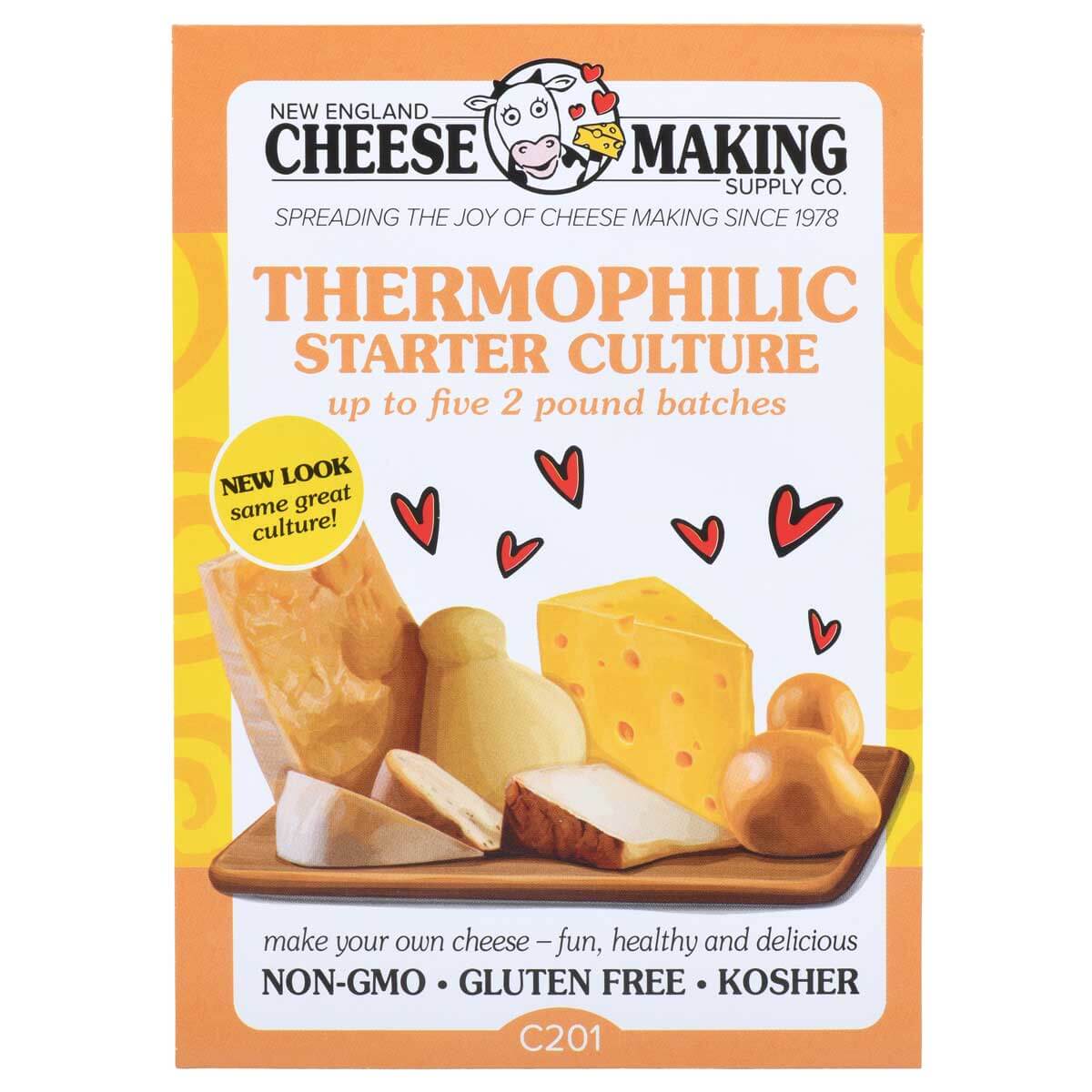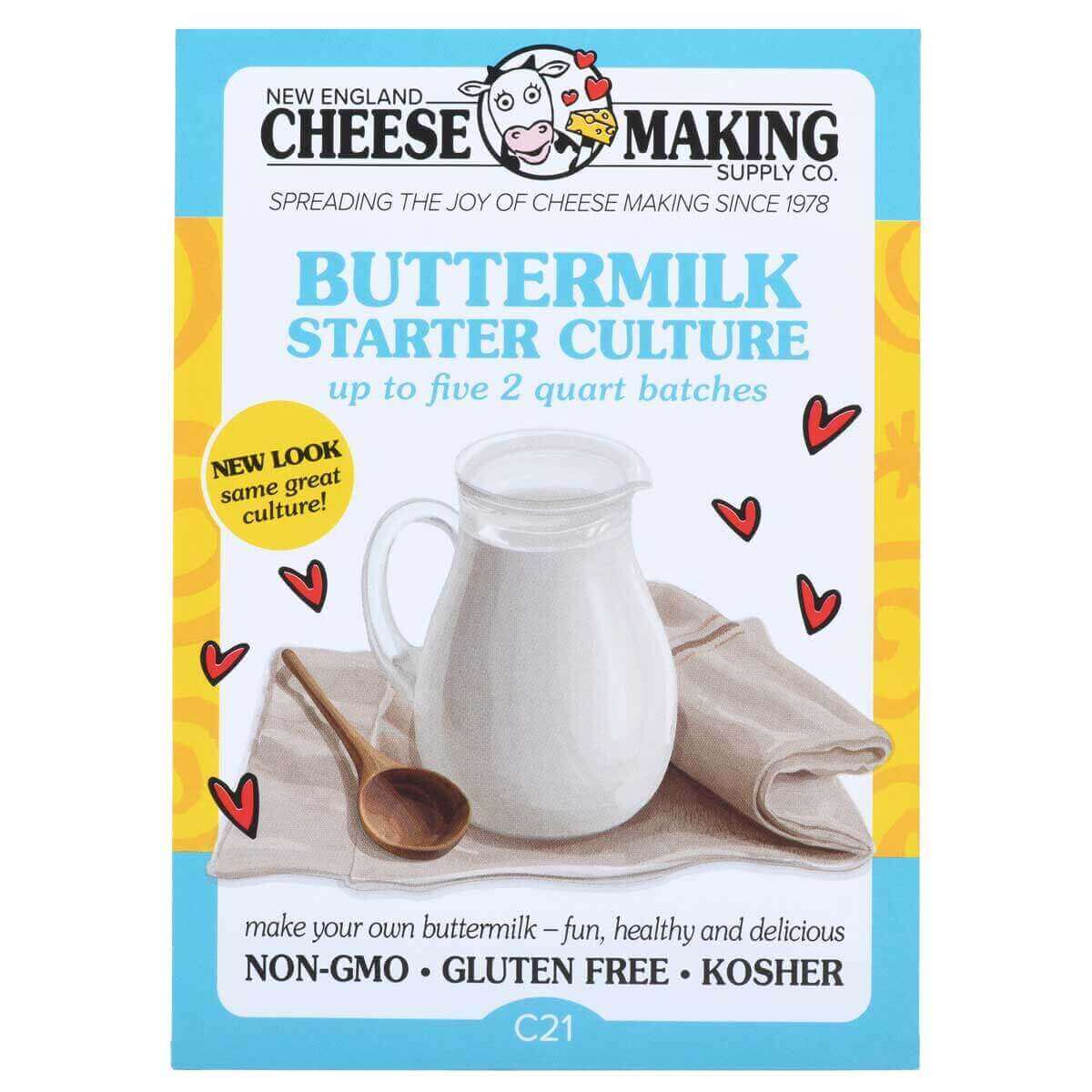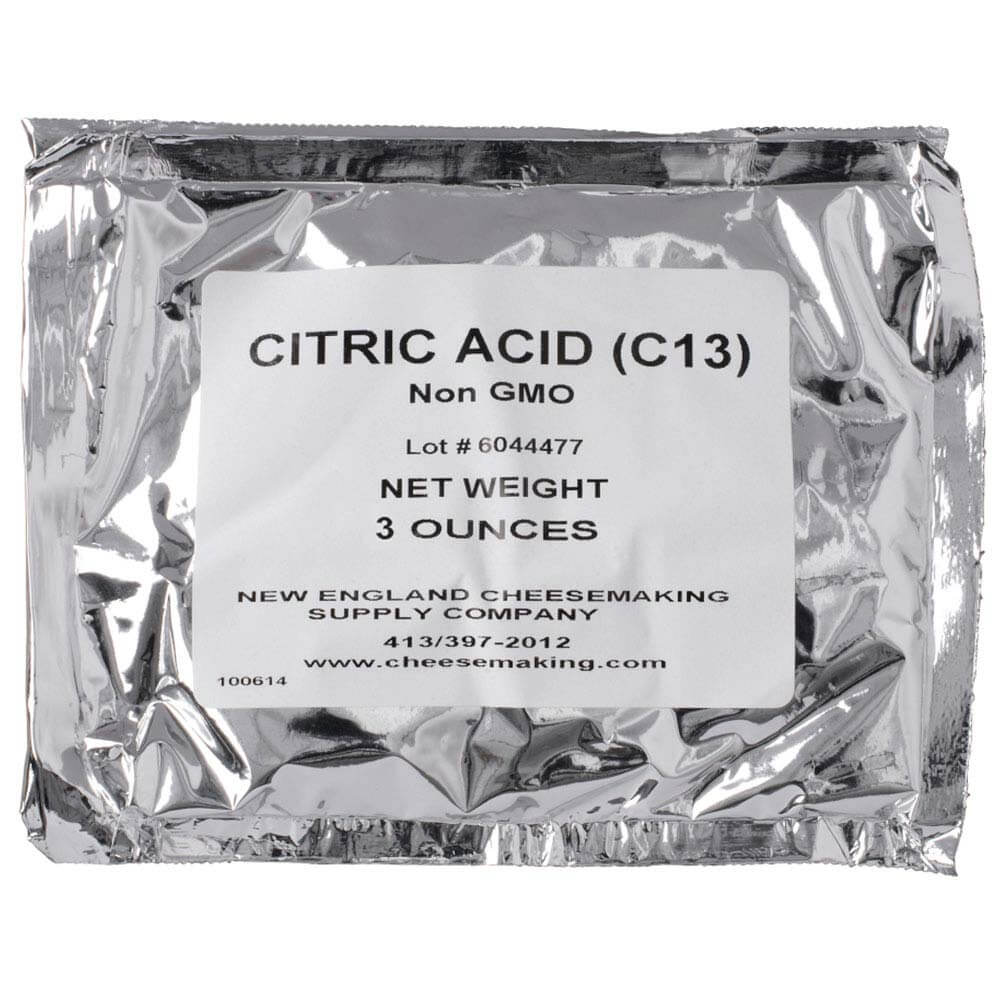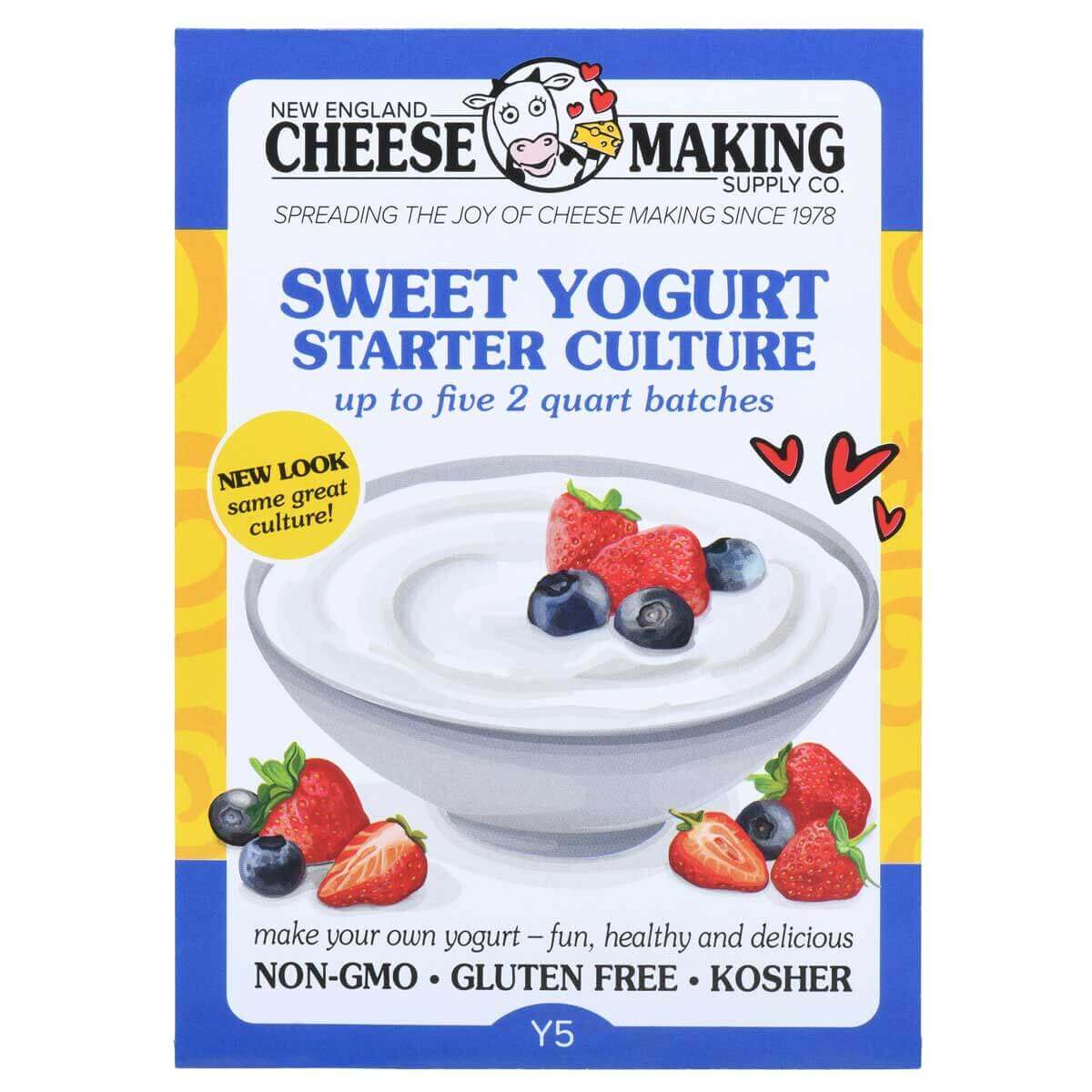
Many of you have given us blog interviews in the last 10 years (since we started this blog) and many of you will be interviewed in the future (when we hear from you). We reached out to a few of our interviewees (randomly) to ask if they would share their experiences during this pandemic. We thought it would be best to ask folks we have already interviewed so we could link to their interviews and you could see more about who they are. The response has been overwhelming!
The first article includes responses from around the world – (click here)
The second article includes responses from 4 cheesemakers within the US – (click here)
We have only contacted a few cheesemakers at this point – we went through and randomly picked out a small sample. If you are reading this and you would like to share a paragraph or two about your experience as a cheese maker during this pandemic, please send it to jeri@cheesemaking.com. We will post everyone’s story in a continuing series. If you haven’t been interviewed by us in the past, please let us know and we will get started with it right away. It simply involves answering some questions and sending us some pics.
More international responses:

Ian Treuer in Canada
Crescenza with Ian Treuer of Cheesepalooza (2012), How to Use Ripening Boxes with Ian Treuer (2013)

While I no longer run my own cheese business, I am working for a dairy farmer about 35 mins north of Edmonton Alberta, Canada. He is building an On-Farm Dairy Processing Plant, focusing on cheese, butter and eventually bottling milk, and I will be the cheesemaker once it is complete.
Even though we are still in the construction phase, I still make test batches of cheese to work out the potential product line, working on the paperwork to ensure that the plant will pass both Provincial and Federal Licensing; and I have started to train another farm worker to be my assistant cheesemaker.
I’ve been working on restoring an old cheese cutter that I bought online for cheap and learning new skills in the kitchen. I recently started my first sourdough starter and have taken up baking as a “distraction.” We live on a very active dairy farm so there are always things to see and do, plus being a substitute teacher when my wife is out as our designated shopper. (My wife has always been the one to go grocery shopping, but our government advised everyone to have specific reasons to leave the house during the pandemic. She is the designated shopper, and I go into town to check our mailbox.)
![]()
Richard Horton in Venezuela
Richard Horton and His Water Buffalo (2011)

Cheese making in Venezuela has been doubly affected. The corona virus lock down is the lesser problem, in that the demand for our cheese is still there. Where we are really stuck is that the country has finally run out of fuel.
A combination of terrible ineptitude by the government has left our refining capacity at zero and US sanctions have left us high and dry.
So, moving the cheese and getting replacement starter, salt, rennet, etc. has become something between a nightmare and impossible. However, we are still at it – producing 100 kilos (220 lbs) a day. Until now, our buyer has managed to buy petrol on the black market, but everything is very uncertain so, who knows what will unfold.
I manage one trip out of the farm per week and have had to stop the tractors. We have been tight on fuel for a couple of years but this last month has seen fuel completely run out – the same week as the corona virus lock down. So, I suppose this has helped the efficiency of travel restrictions!
![]()
Rob Goris in Australia
Rob Goris in Sydney, Australia, (2019)

Rob Goris at left with Will Studd
Yes, the world is in total lockdown. Like many cheese makers, I live the sustainable way. I grow vegetables, catch fish, ferment foods, make bread, pasta and obviously cheese. I feel better prepared to deal with this isolation.
That said, there are still lots of challenges sourcing good milk. Last Friday, I drove to my preferred milk supplier and the roads were deserted. Police were apparently about, looking to fine anyone who was travelling outside their ‘zone’ (I was probably just outside my considered zone). I took the backroads and left very early. My aim was to get enough milk for 2 cheeses, pick it up quickly and then head back home fast.
I’m reconsidering how I can make cheese using average to low quality milk from the local supermarket. I think I can rise to the challenge and achieve some respectable cheeses. I have 2 cheeses in mind; a blue and a Colby. Blues work well with homogenized milk and Colbys mature quickly. Homogenized milk is not suitable for aged cheeses.
We are still pretty lucky here in Australia to have good home delivery. I know of one supplier who has high quality, low fat unhomogenized milk. If I can get enough of that delivered, then I’ll make a Parmesan style Cheese. I also want to have another go at the cheese that haunts me, Gruyere. This cheese has never been successful for me, but I have restored hope I can achieve a good result as I now use a sous vide to control the water bath temperatures. I also have some very good cultures for this cheese.
Like most people, you live each day and hope there is still some sort of income coming in. You try and stay mentally strong. Bush walks and cheese making are great ways to keep the mind healthy.
![]()
Stephen Cope in Colombia
Stephen Cope-Making Cheese in Colombia (2020)

Over here in downtown Vereda el Portento (where no town exists), we are happily snuggled up on our finca (farm). And still carrying out our normal functions, including delivering cheeses to those in need.
Whilst the local pueblos (towns) are heavily policed, and us oldies are turned away, there is little notice taken of the in-between bits. Which means we can still acquire our milk from local dairies without any problems. Cows still have to be milked, come pandemic or not! And we meet not a single soul on our way!
Whilst our cheese cave is almost fully stocked and we are down to one delivery a week to Medellin (and another to local suppliers), this is a great time for experimentation. So the 15 litre (4 gal) bain marie with single tray has made an appearance, and I am currently making some of those cheeses I have always wanted to make but not had the time.
They include an ale-washed coriander Trappist cheese, Caerphilly and Gruyere. So, we continue to keep busy, still learning, still experimenting and having fun.
God bless all cheese makers!
![]()
Mukund Naidu in India
Artisan Cheesemaker #3-Mukund Naidu (2010), Update on Mukund Naidu in Bangladore, India (2013)

In India currently, due to the pandemic, the lockdown is more strict than the West. Due to restrictions, most companies have stopped operations save a handful, where essentials like milk are still being supplied, whereas as value-added products are not being made until further notice. So, most artisan cheesemakers have stopped operations. A few of them located in the mountainous regions may still be making cheese and stockpiling.
I am currently located in Bahrain on consultation at the only cheese production company in the island nation, which makes fresh Italian cheeses like Mozzarella, Burrata, Ricotta, Bocconcini, Scamorza etc. from cow milk, procured from local farmers. Here, the dairy farms are few and depend on local processing companies. The lockdown has slowed down food processing and sales.
However, lots of precautions are being taken on various fronts. Bahrain has been one of the foremost nations to take pro-active and affirmative action to tackle the crisis – a commendable feat indeed.
Everyone is hoping the cure and remedy for this pandemic is found soon, so people can resume their daily lives and work. This pandemic will change the way people make purchasing choices. There will be a section of society that will look for long shelf-life products and therefore there could be an increase in the use of preservatives in food products. There will also be a section of society that will look at healthier lifestyles, living and dietary habits and will opt for artisan, handcrafted, natural food products that do not contain any artificial elements inside.
For the dairy sector, considering the impact of this pandemic on human lives, I believe there will be an increased focus on the production of milk powder which can be packaged and reused when required and aged cheeses, which can be vacuum-packed. Both these have long shelf life and, in case of another emergency, would suffice to provide nutrition to the society at large.

